The 2020 Community Trustbuilding Fellowship Now in Session
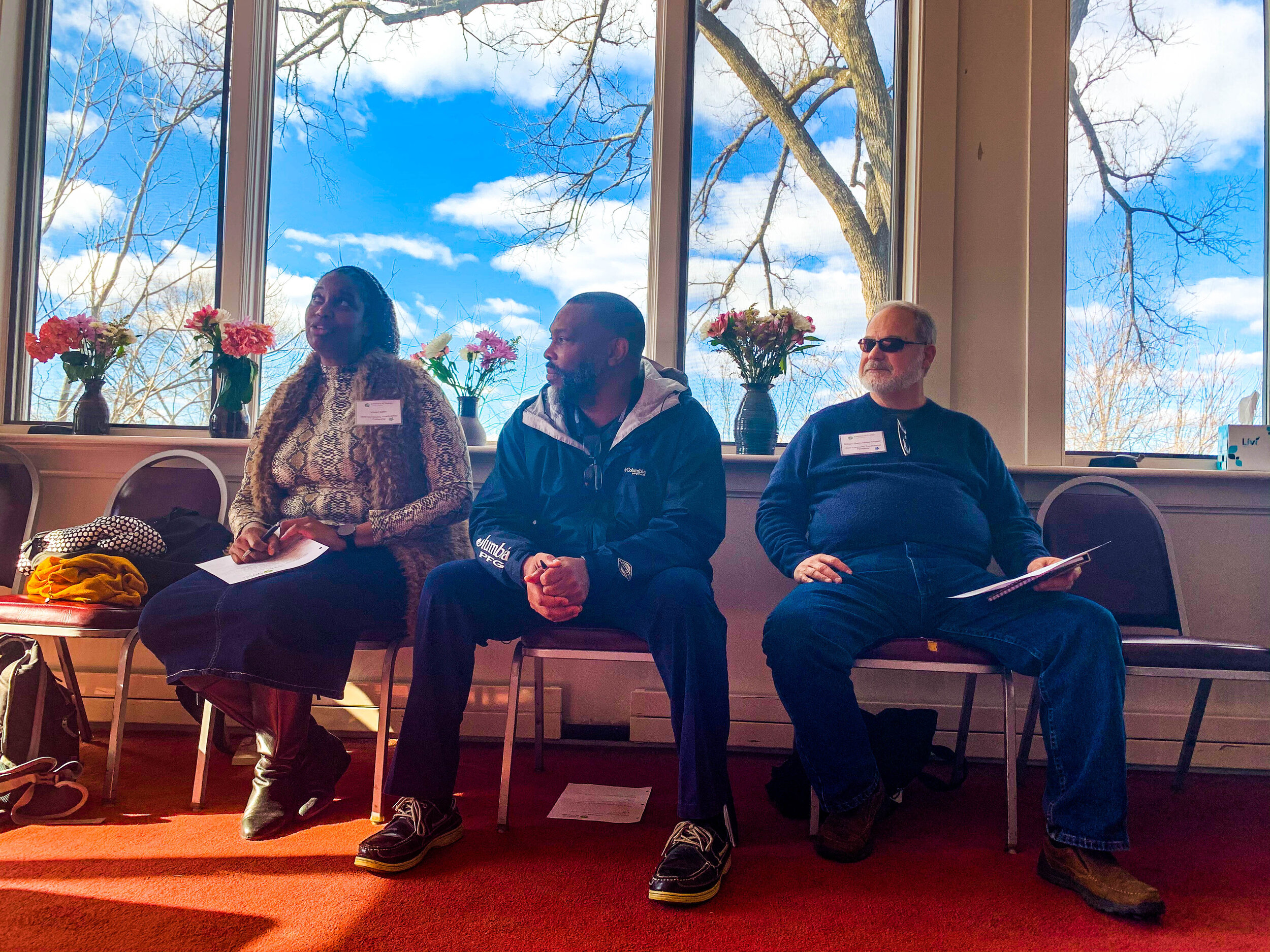
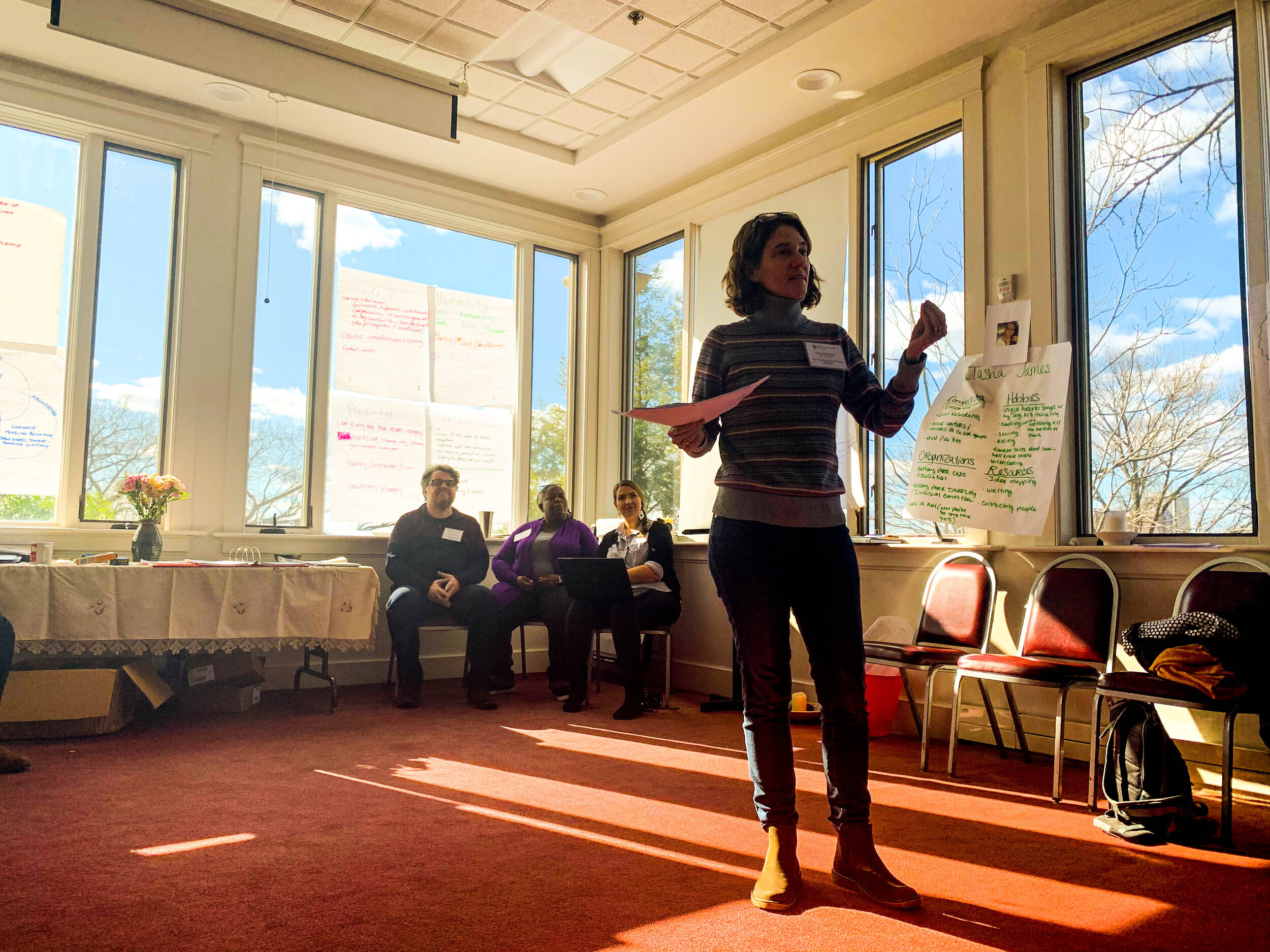
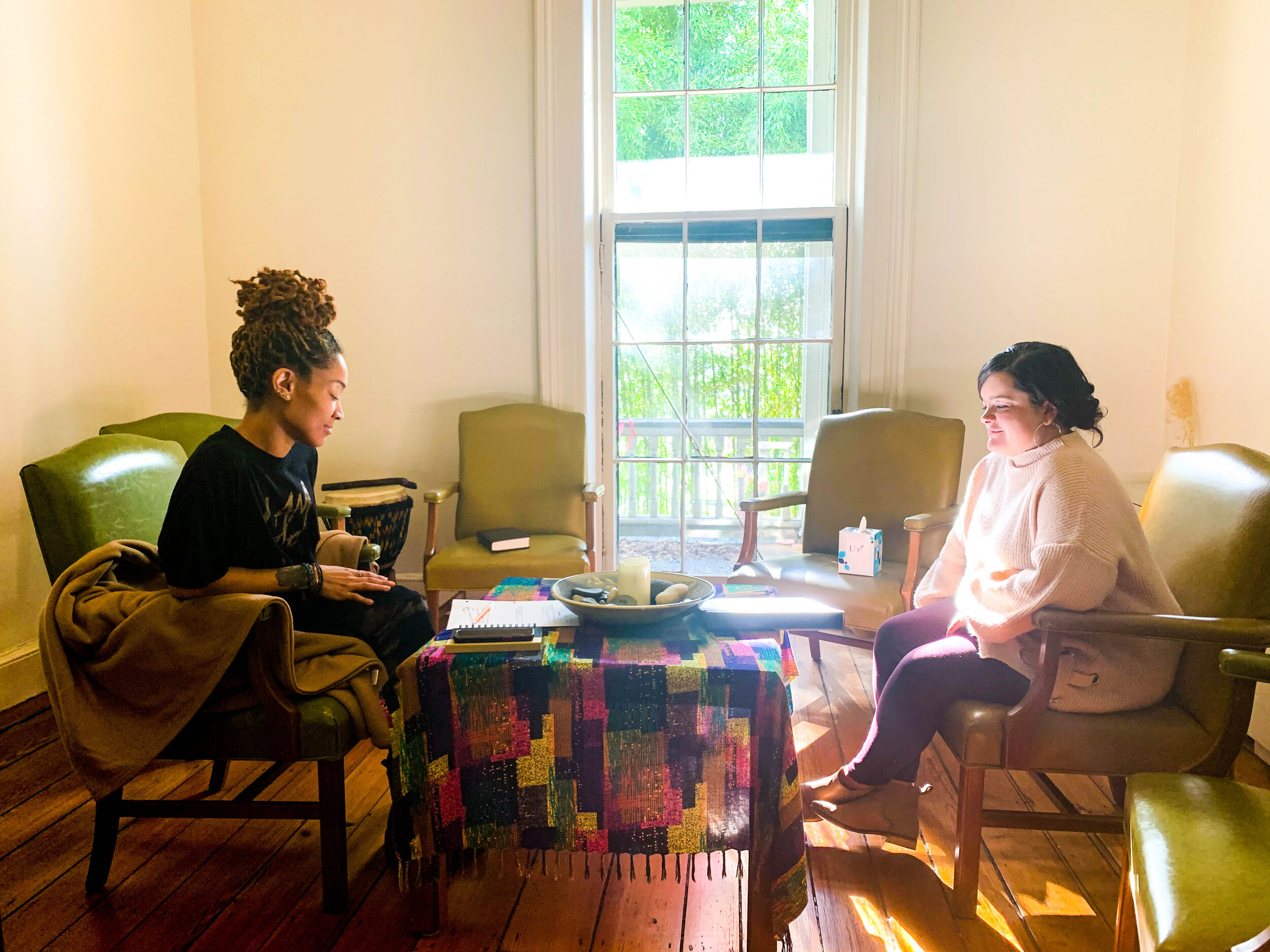
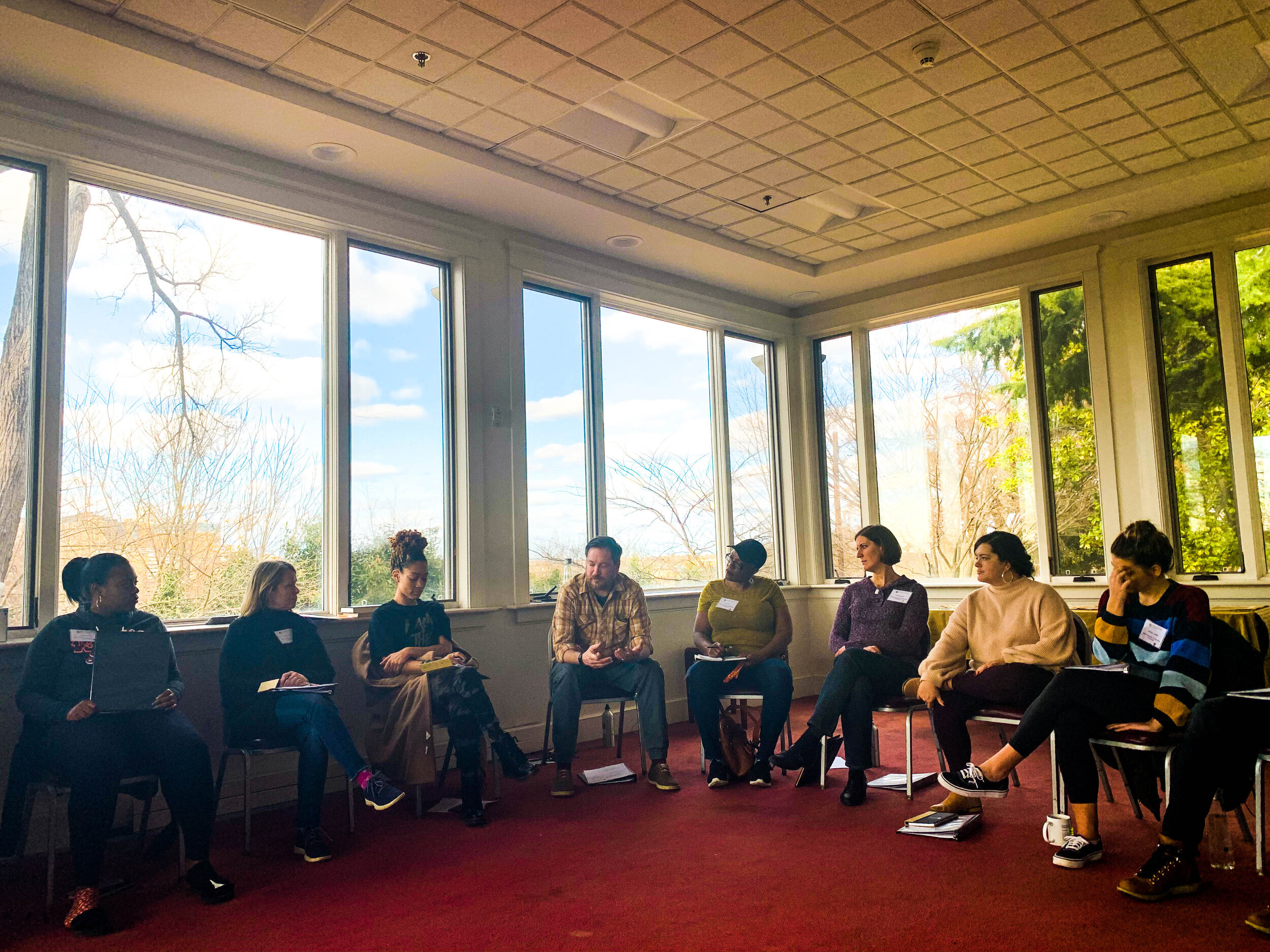
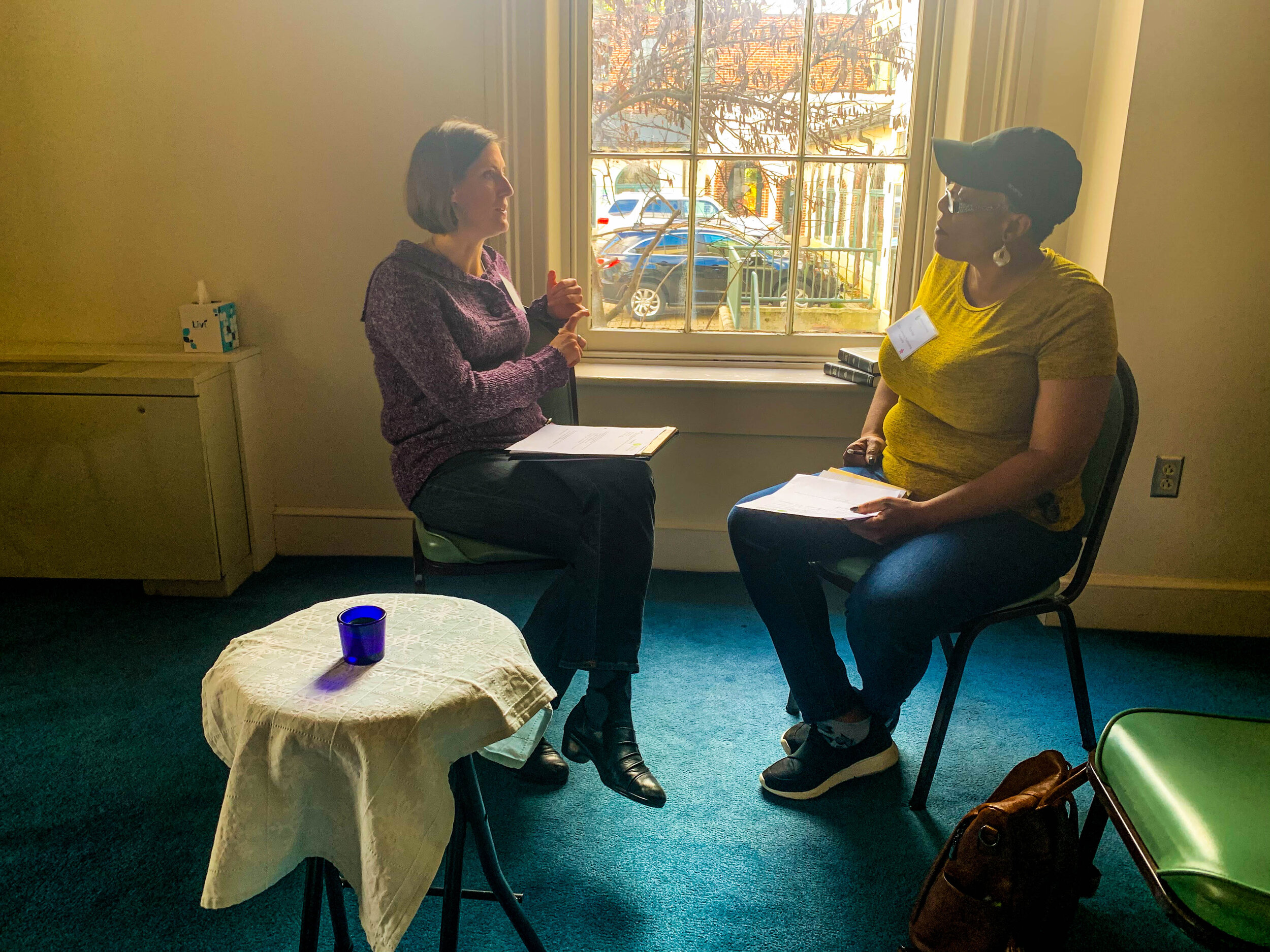
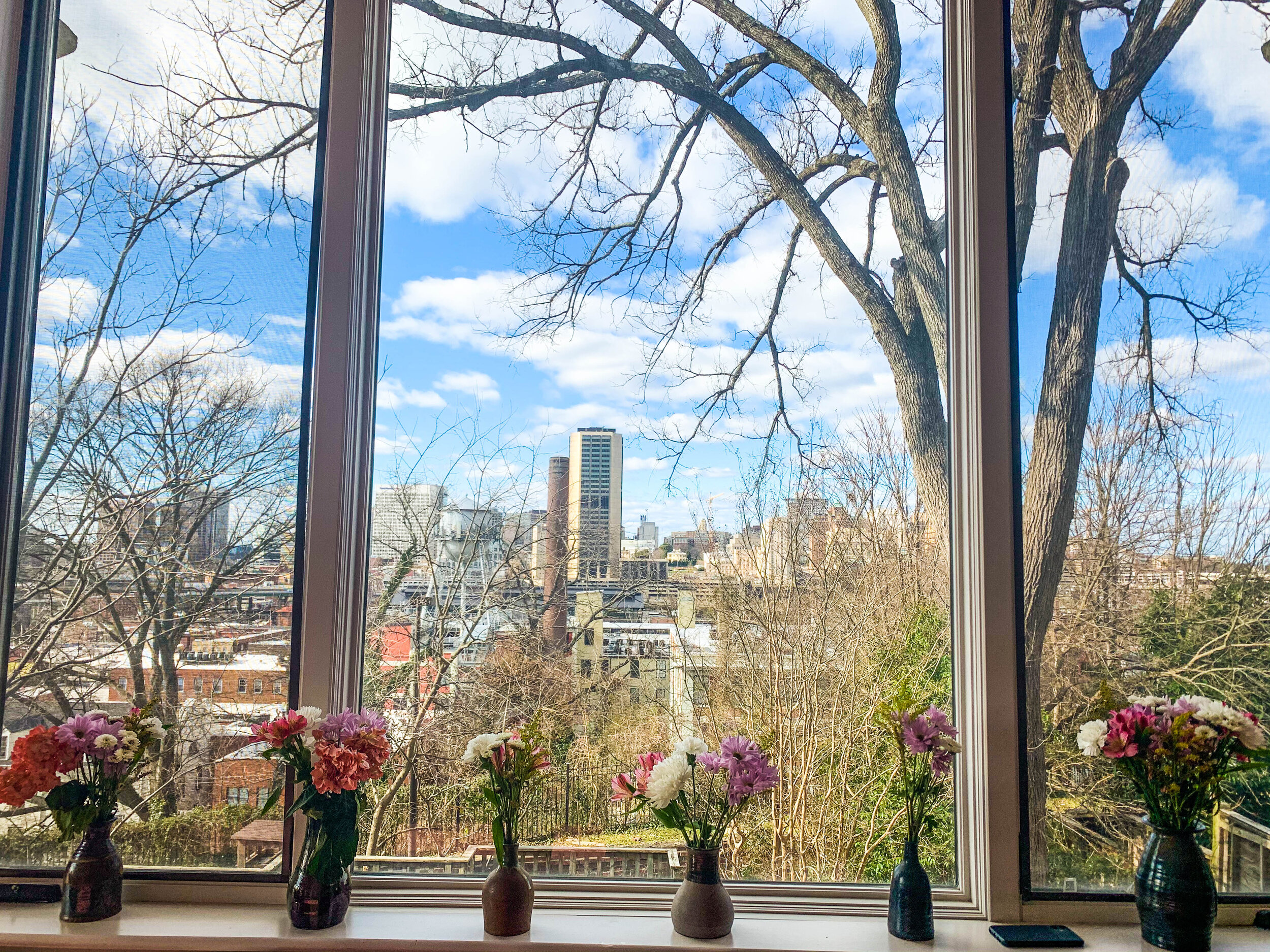
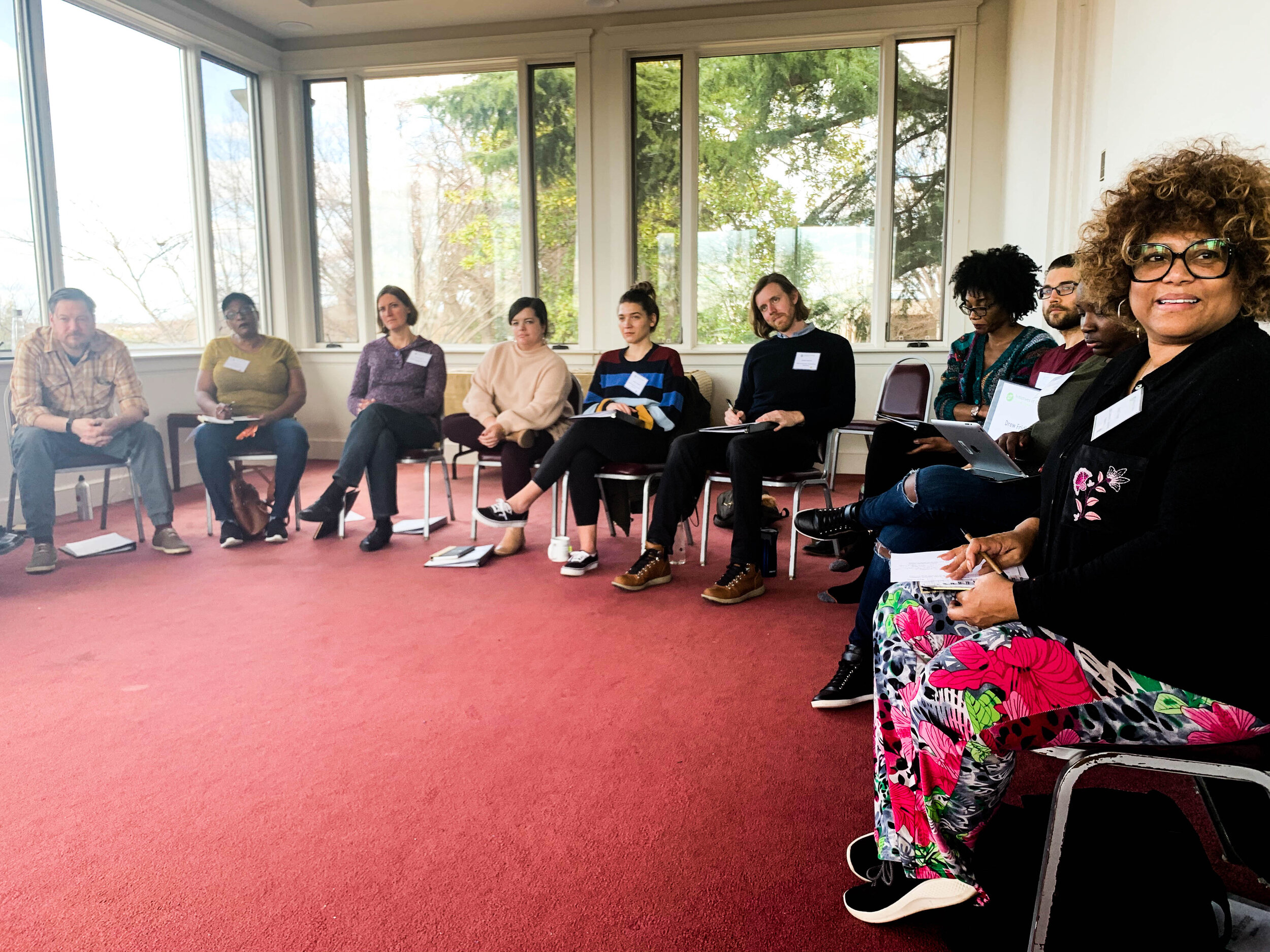
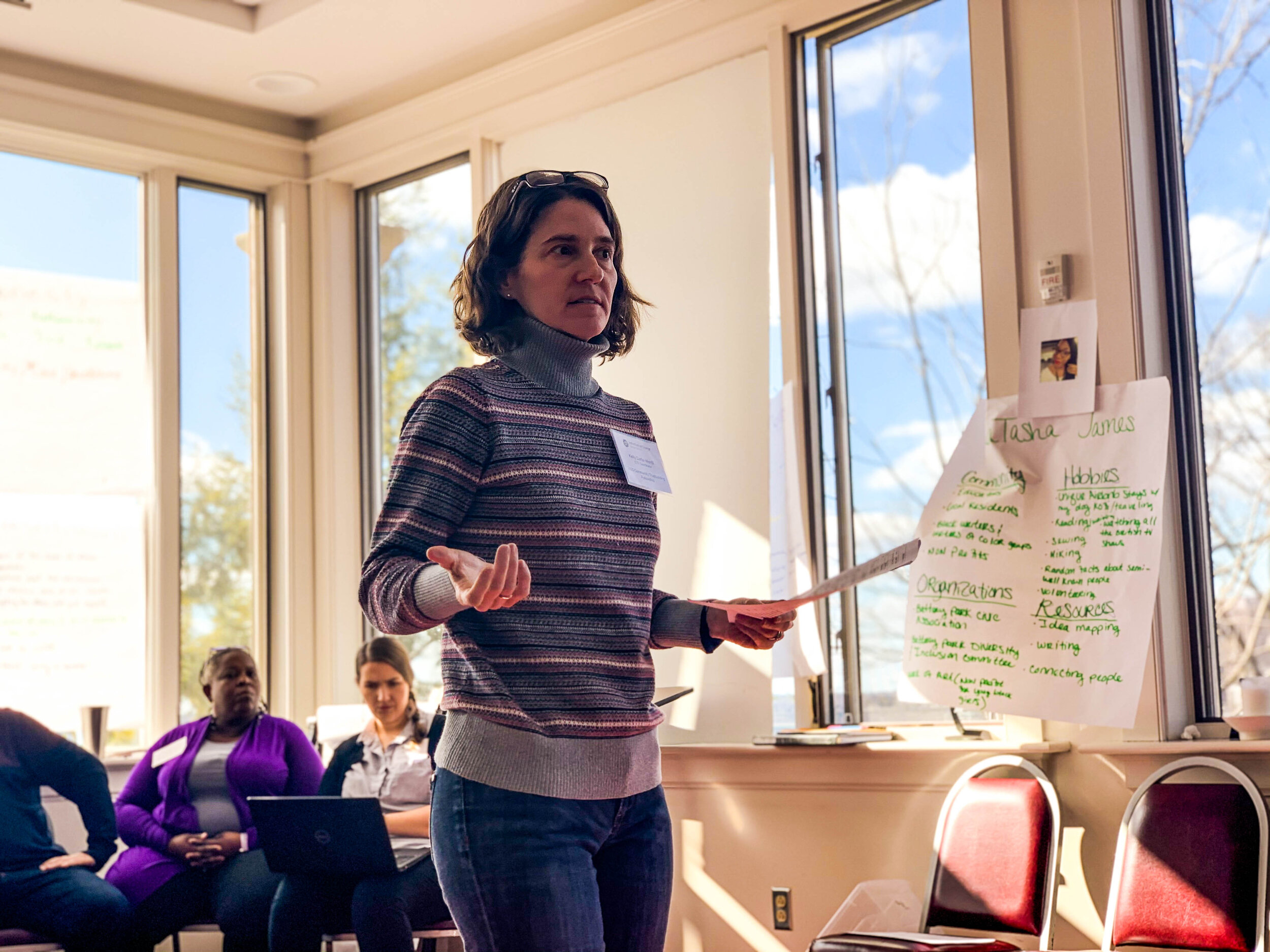
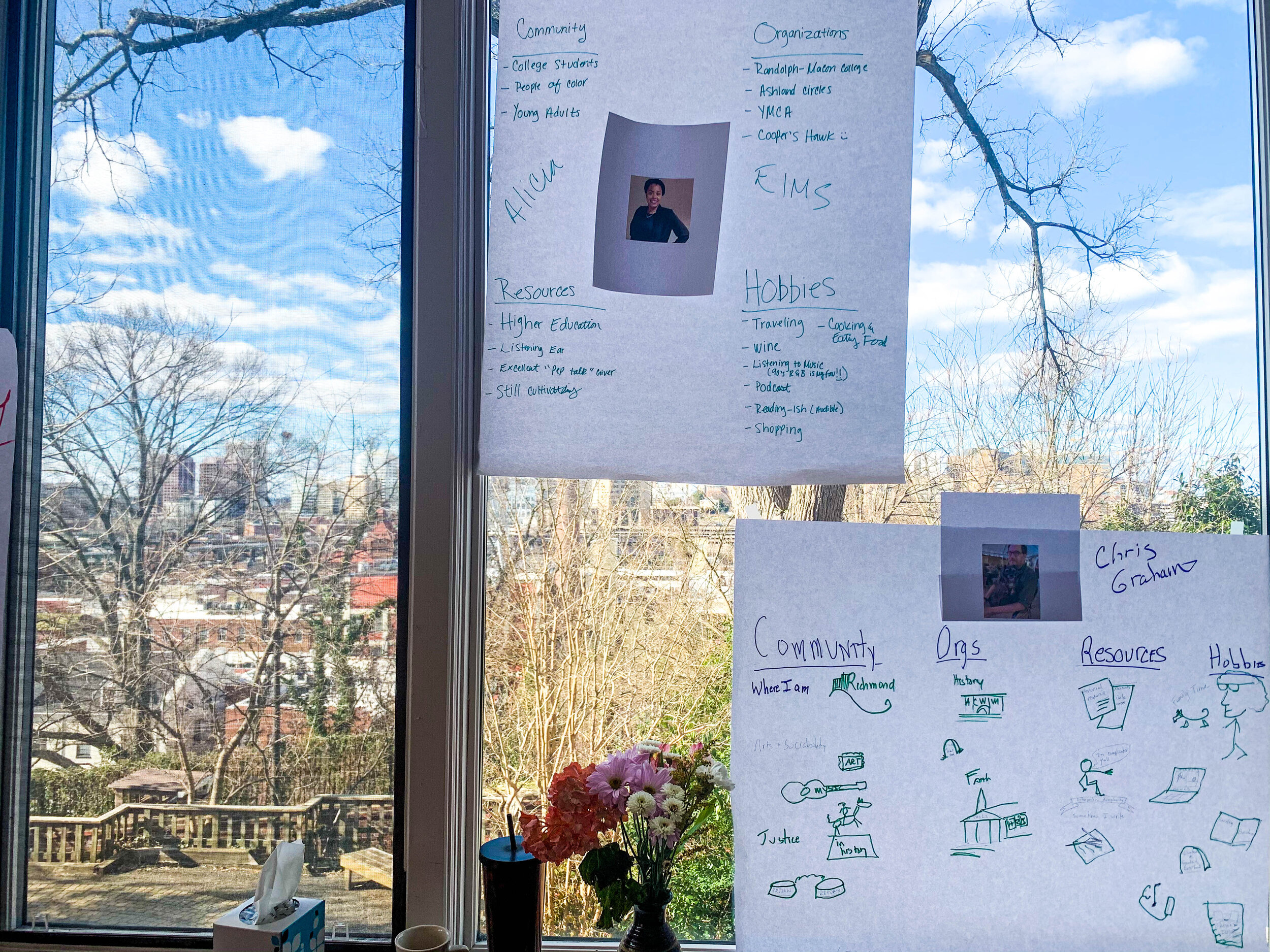
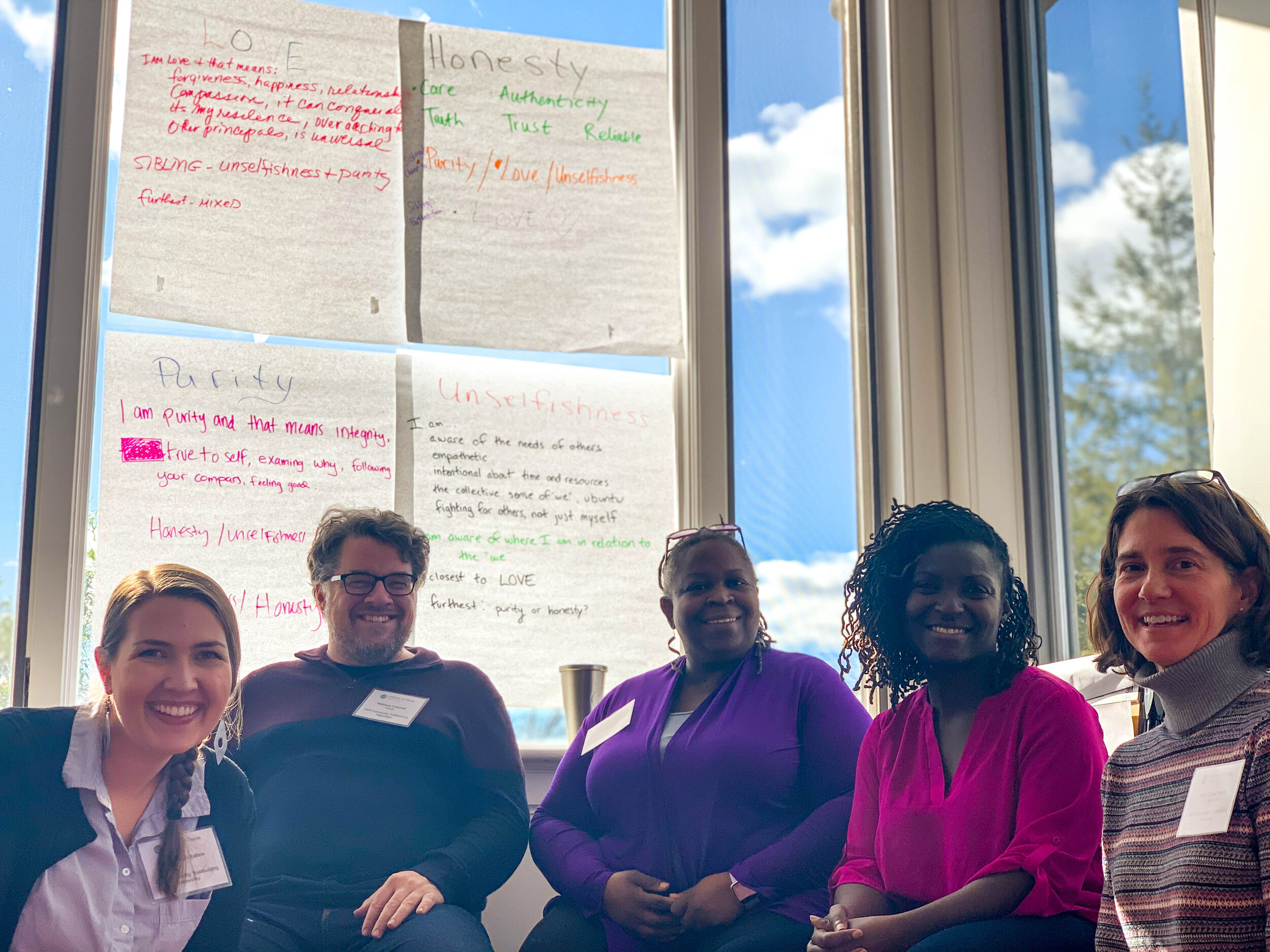
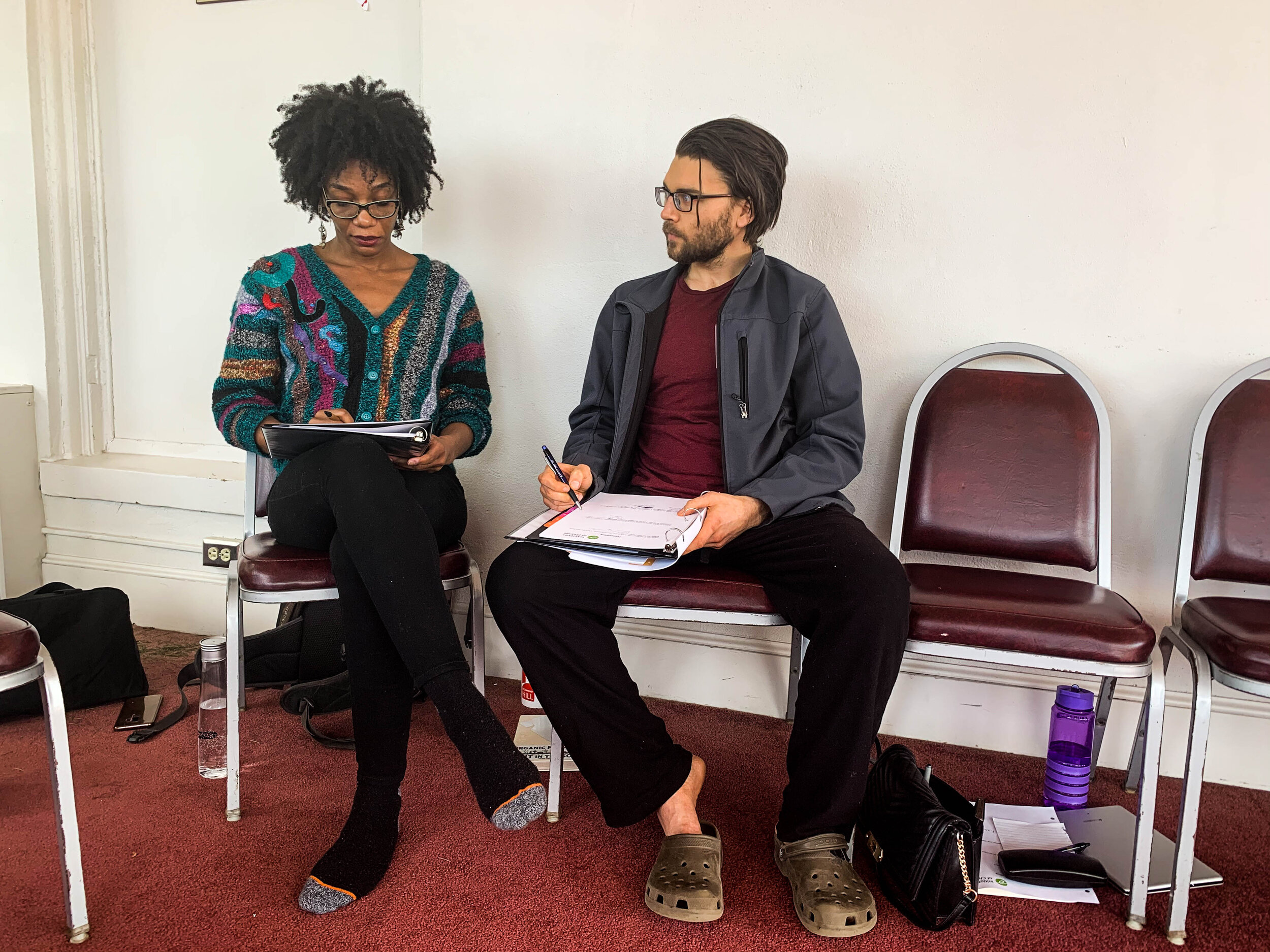
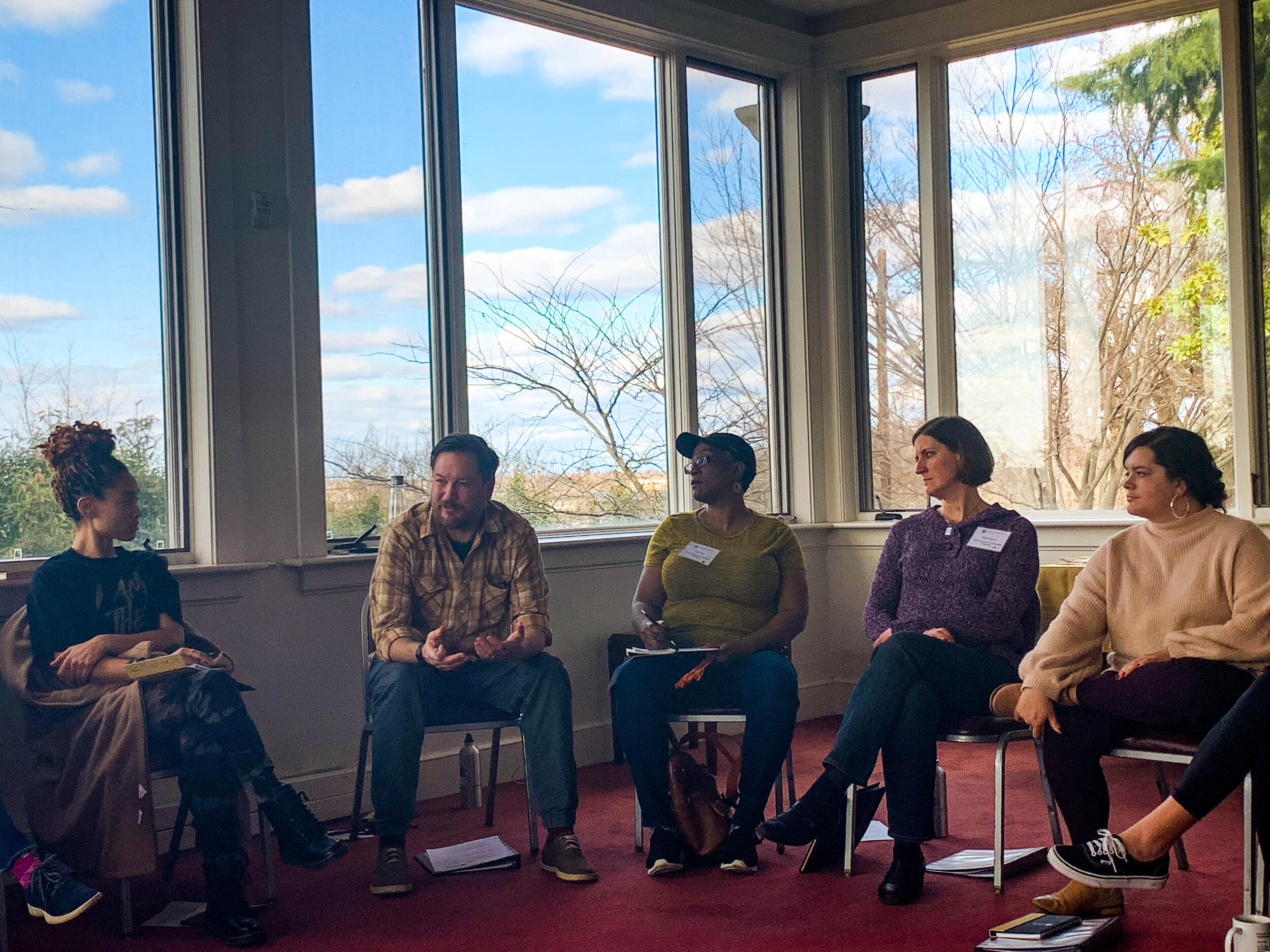
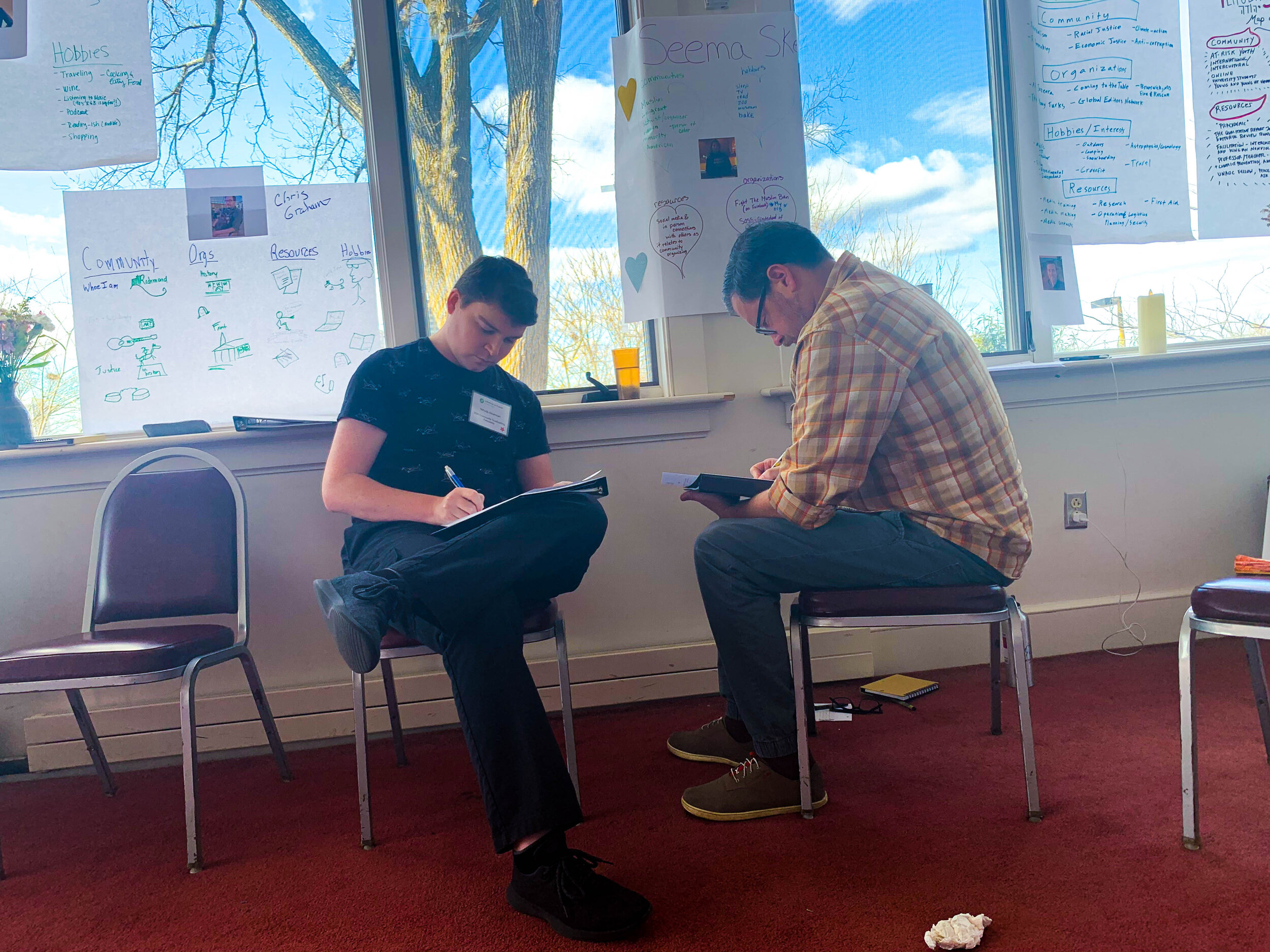
MODULE 1
Despite the winter chill, there are certain points throughout the day when the light in Richmond Hill’s corner, windowed hall is abundant - even blinding. Shadows reflect in criss-crossed shapes on the red carpet. Maroon cushioned chairs hold bodies that listen, speak, twist and stretch. An assortment of colored flowers in clay vases dot the sills along with cups of coffee, tea and water, tissue boxes, candles, and notebooks. This is the great gathering room where 20+ persons of diverse ages, careers and sociocultural backgrounds meet from various parts of Richmond and places across North America to conduct heavy heart work.
The Community Trustbuilding Fellowship (CTF) happens at Richmond Hill one weekend a month from January to May each year. The 2020 cohort began their journey at the end of the first week of Initiatives of Change USA’s National Day of Racial Healing events focusing on “Module 1: Starting with Self”. The expert faculty and staff of the Community Trustbuilding Fellowship are also alumni of the program, comprising Matthew Freeman, Ebony Walden, Lacette Cross and Dr. Kelly Merrill (and former CTF Program Director, Abigail Ballew). Over the course of an intensive five months, Fellows and faculty engage in experiential learning processes and work to cultivate brave space that can allow for personal transformation that can lead to social change, through the difficult work of dialogue. The CTF curriculum is grounded in peacebuilding and conflict resolution principles and practice, using Richmond’s racial histories - particularly of enslavement and confederacy - as the driving case study.
Although each Fellow may come for reasons all their own, the process is intentionally relational. A unique pathbuilding experience through personal reflection, historical accountability, narrative shifting, and community healing.
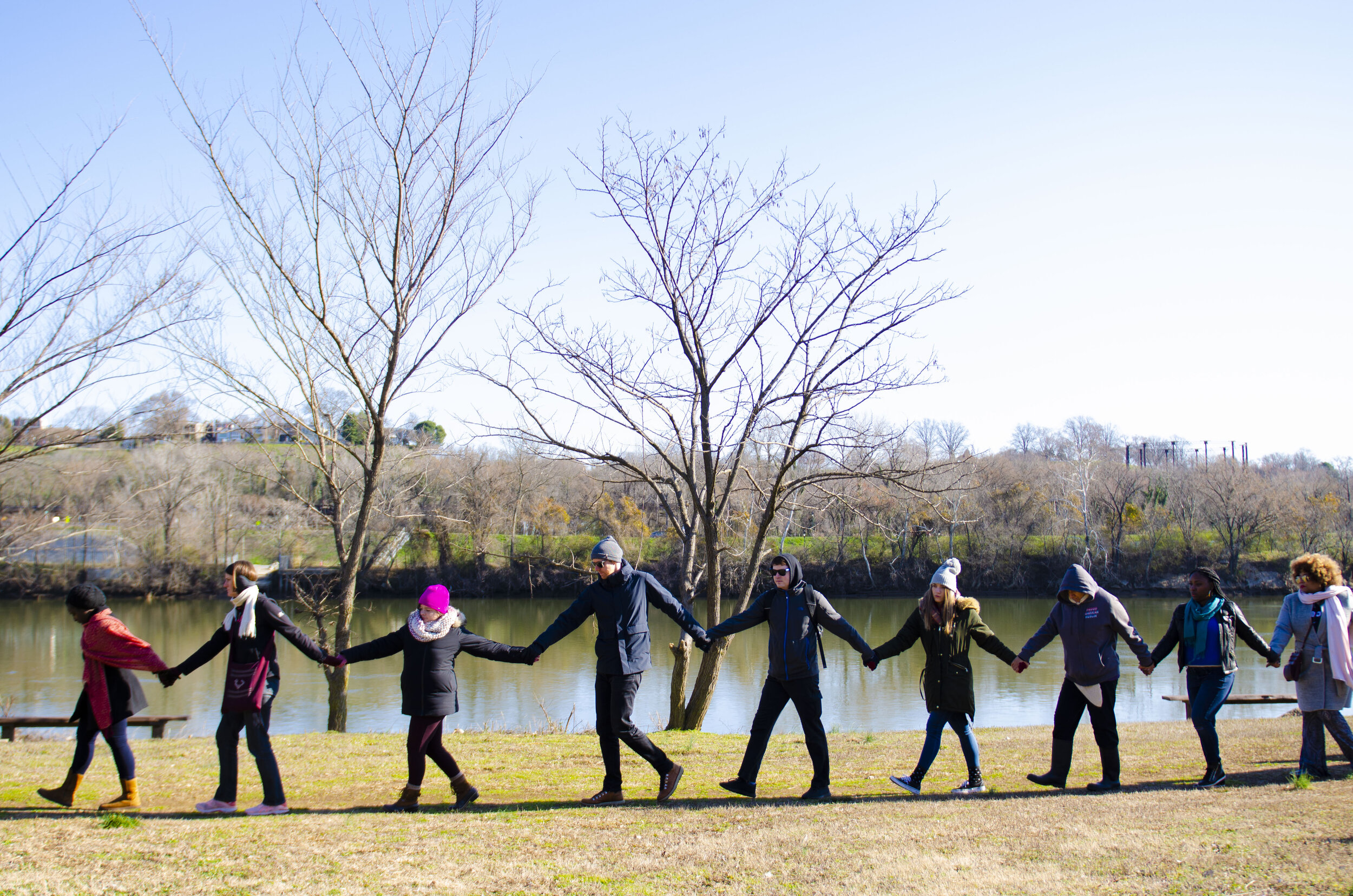

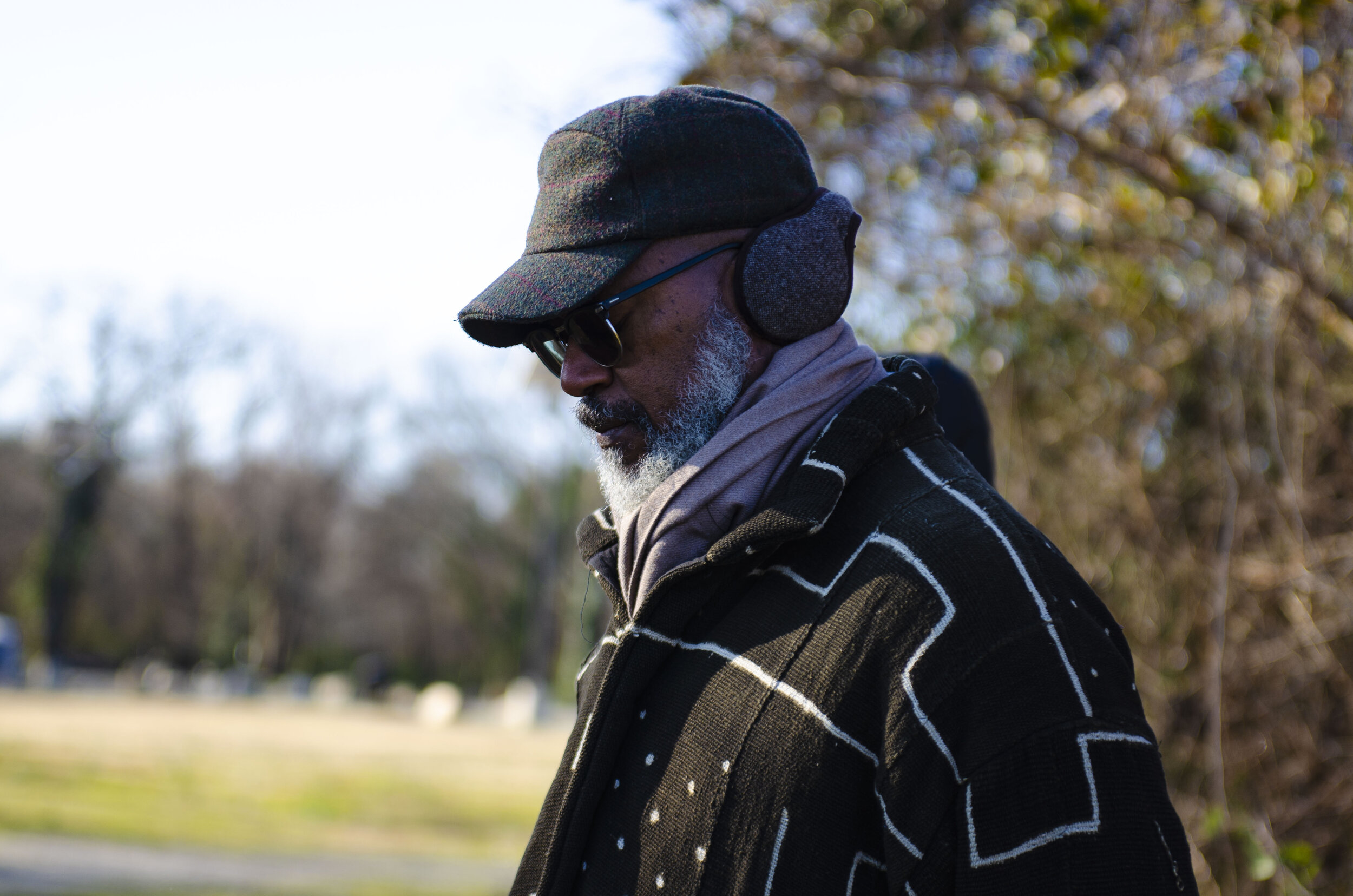
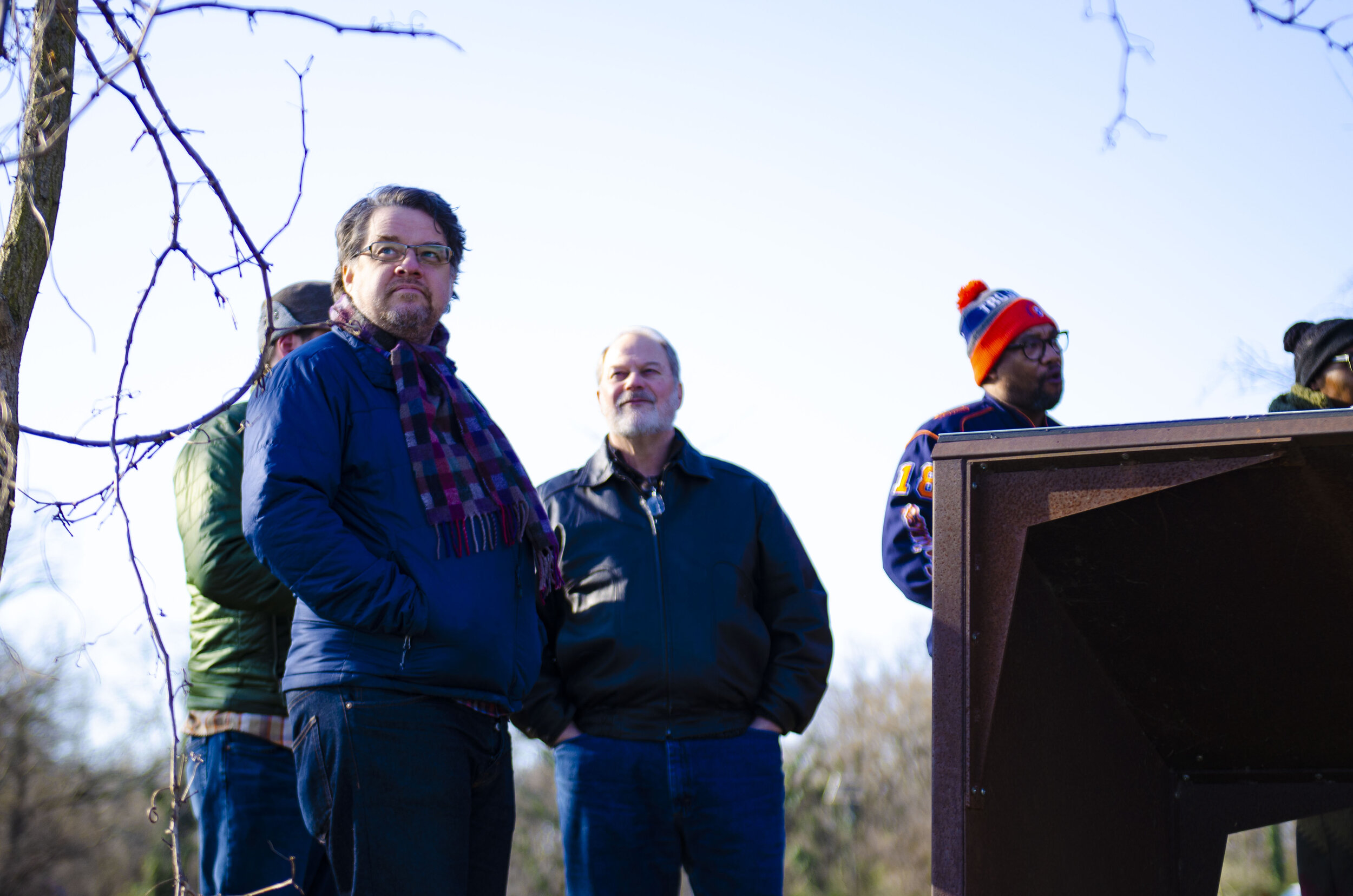
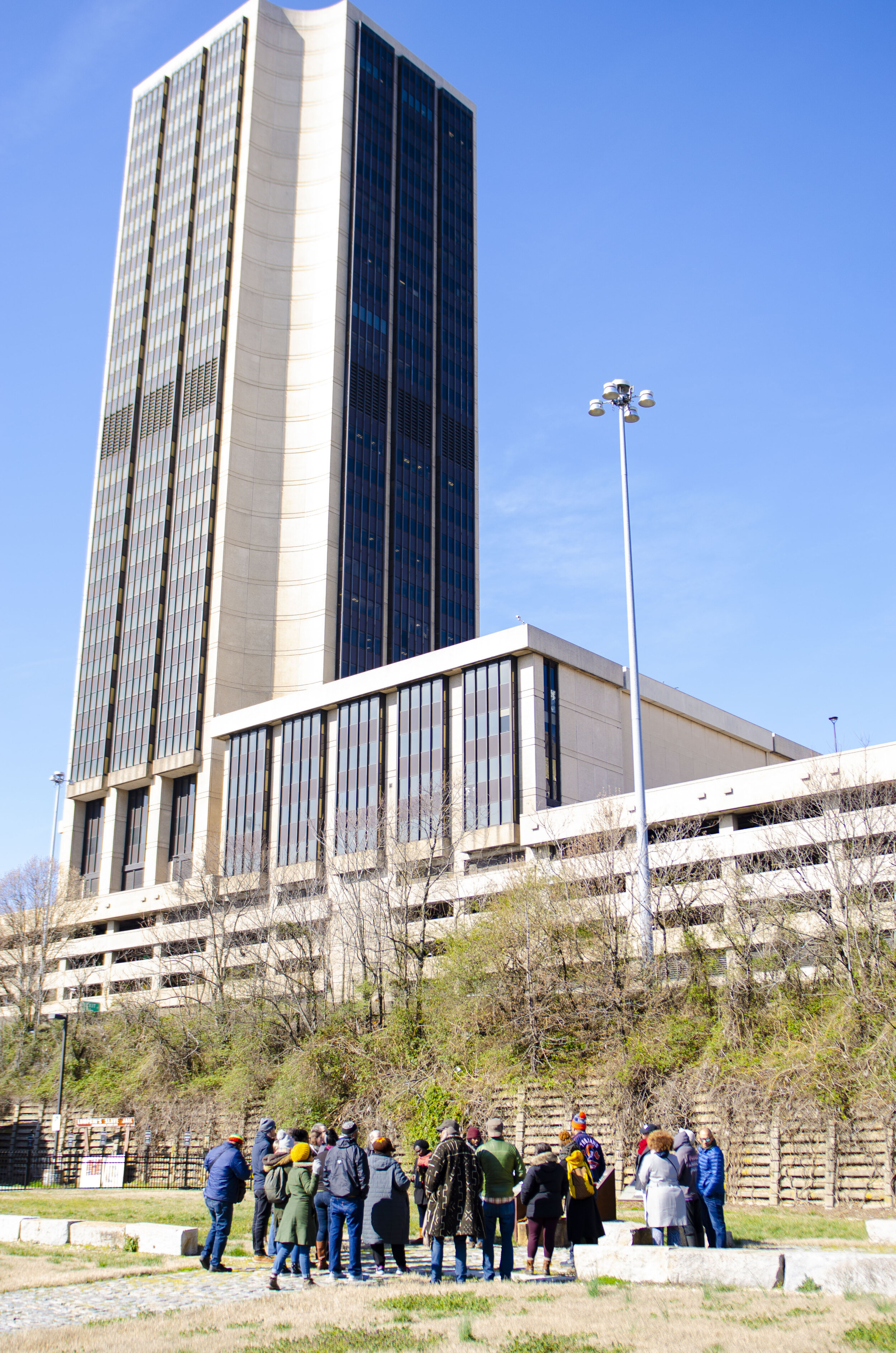
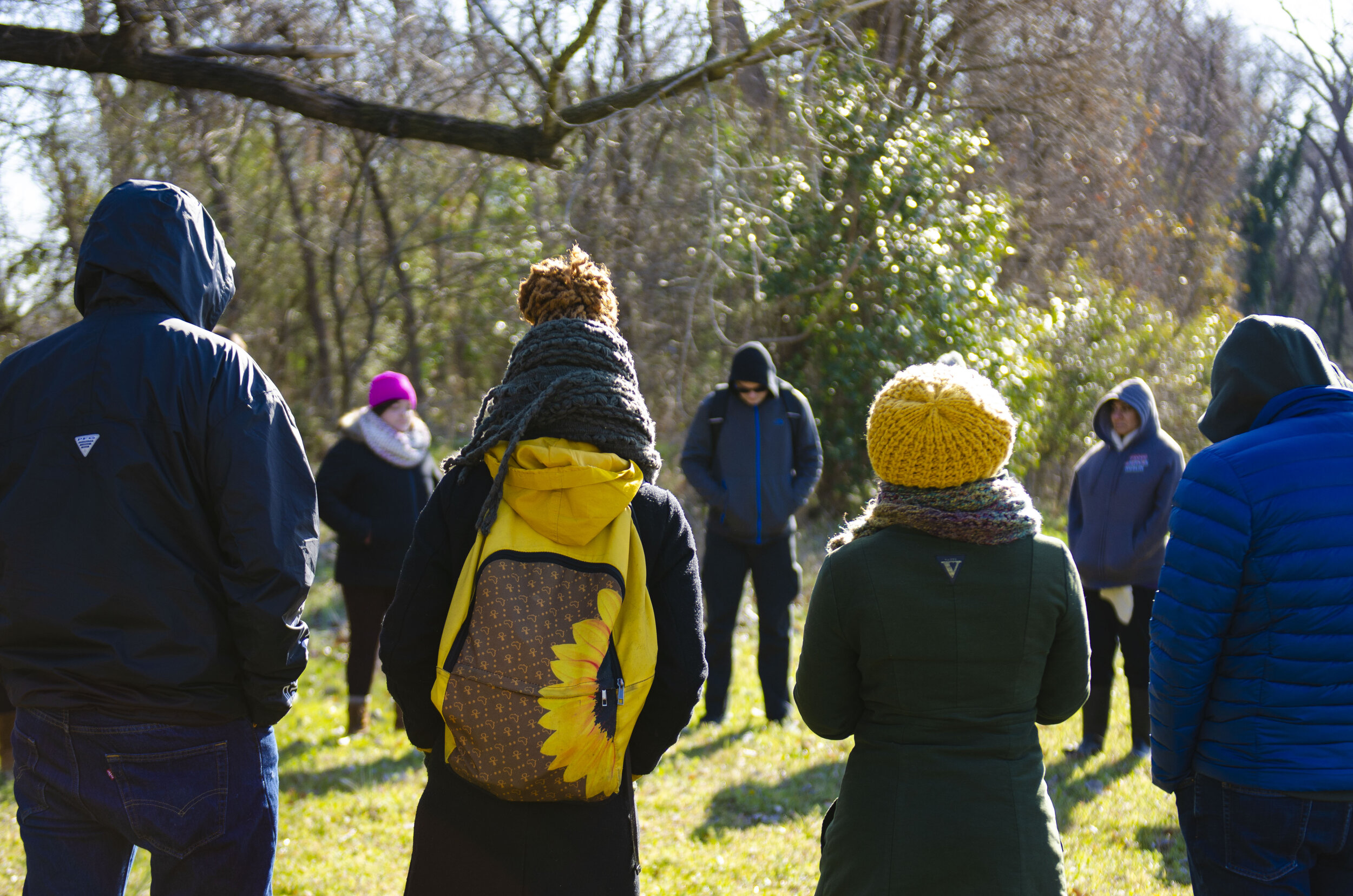
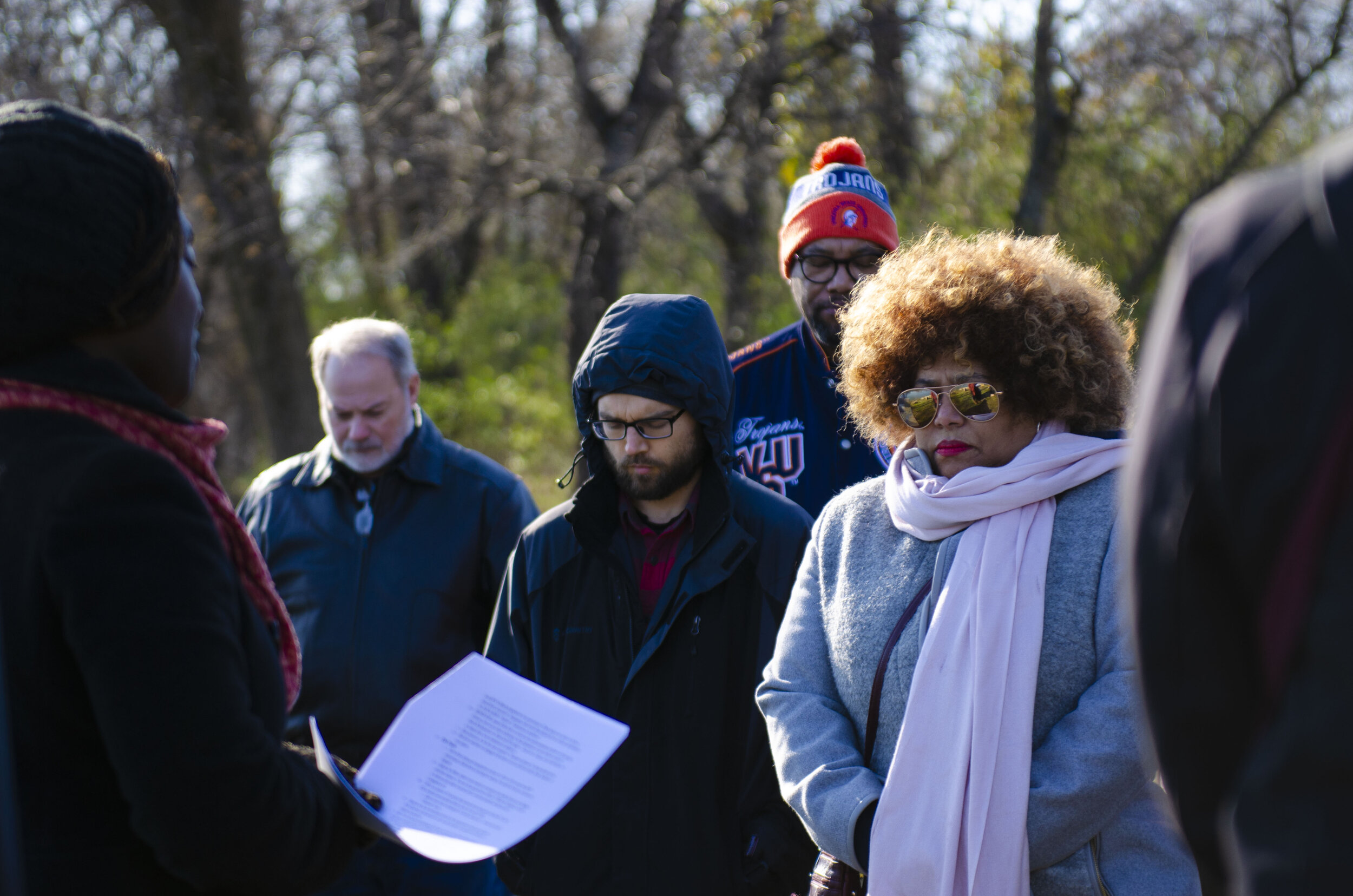
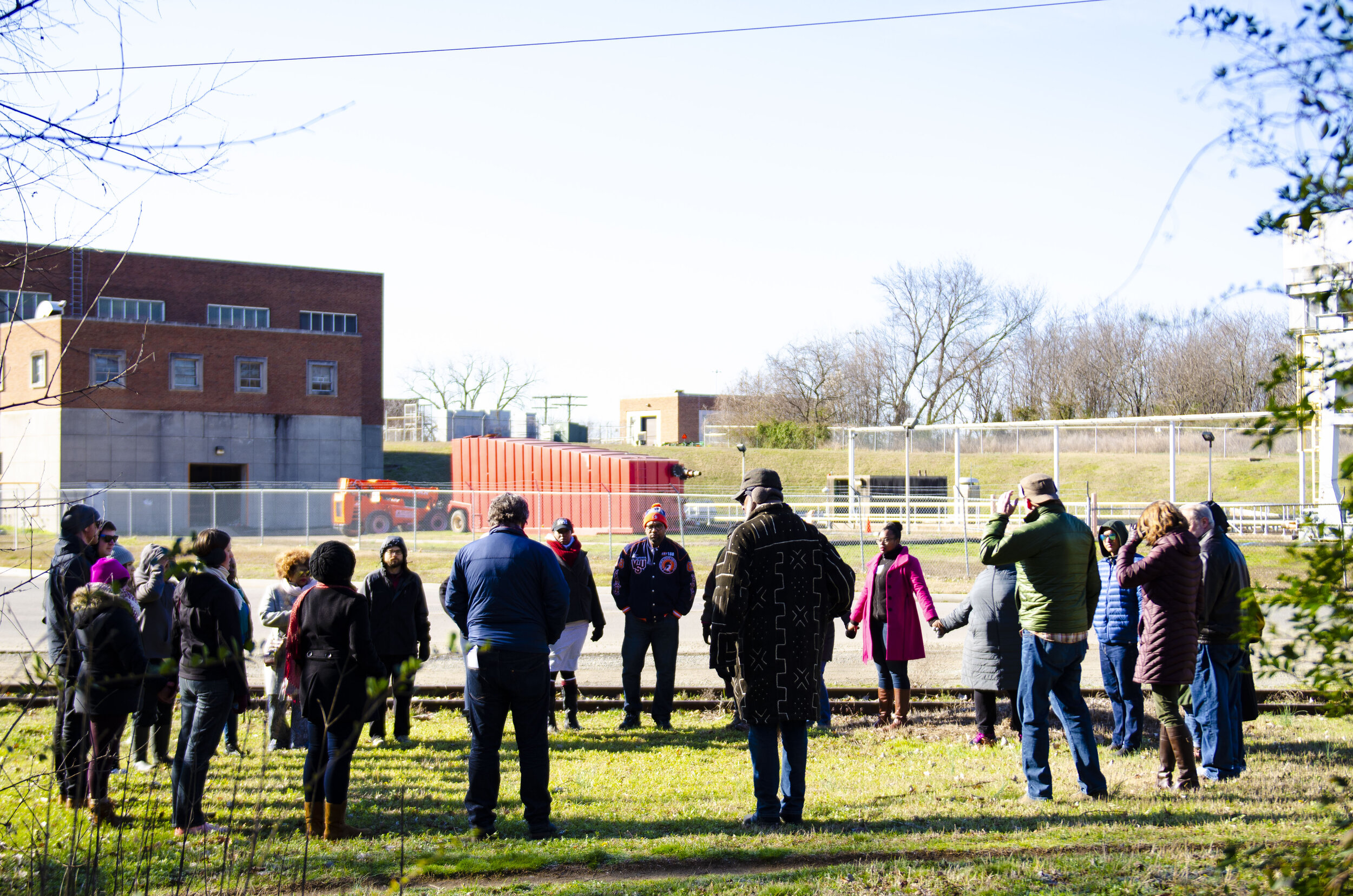
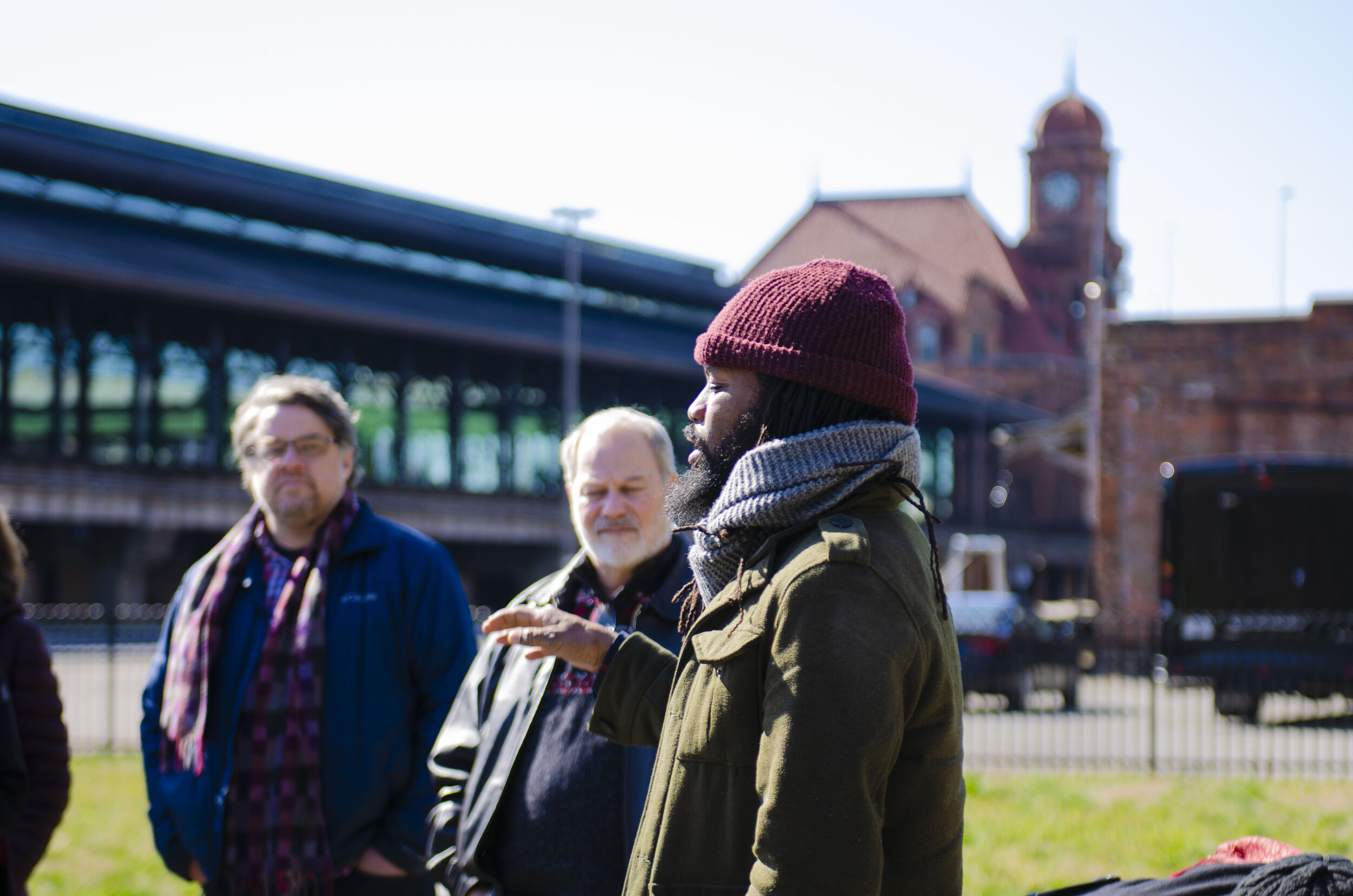
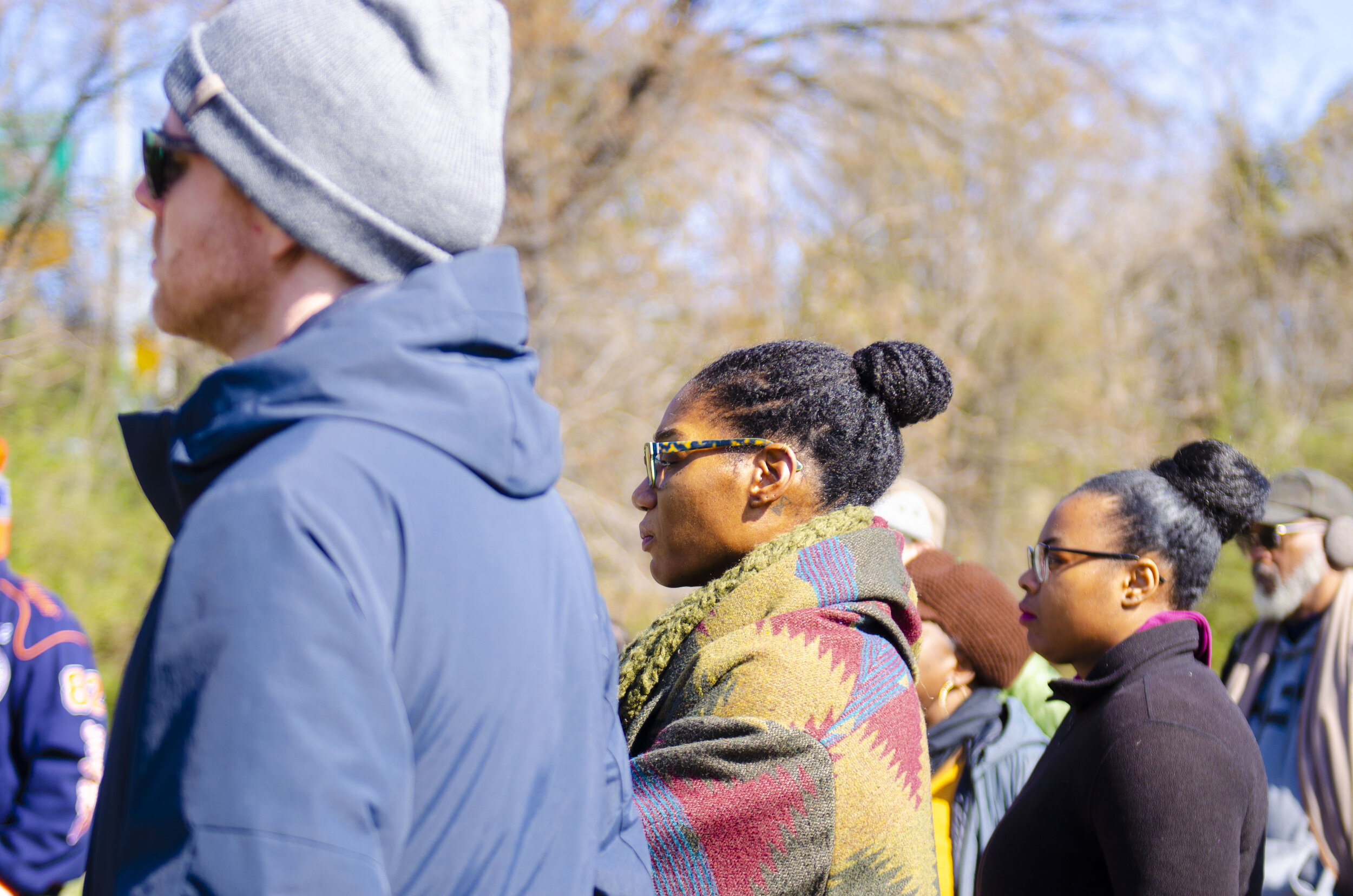
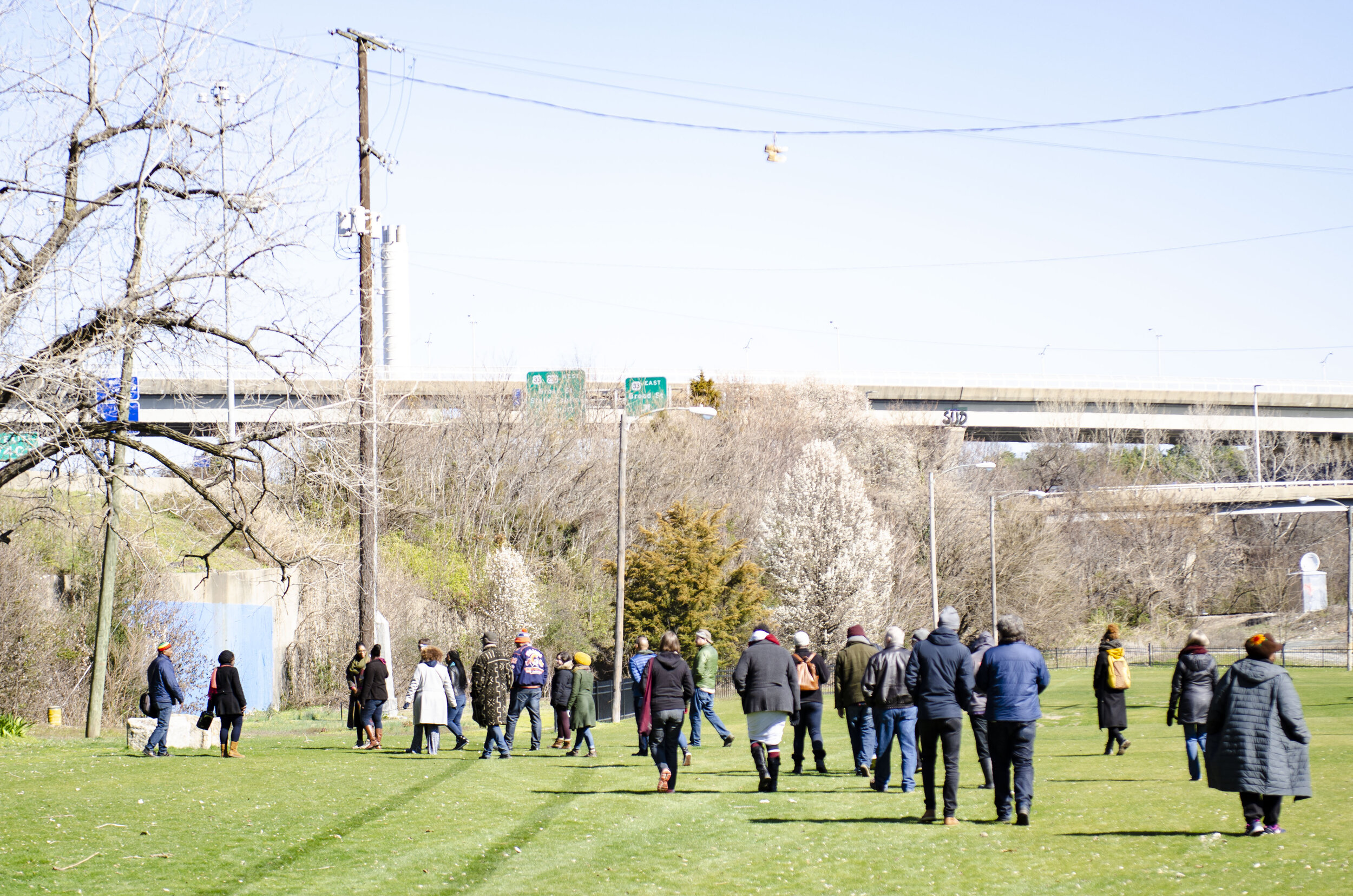
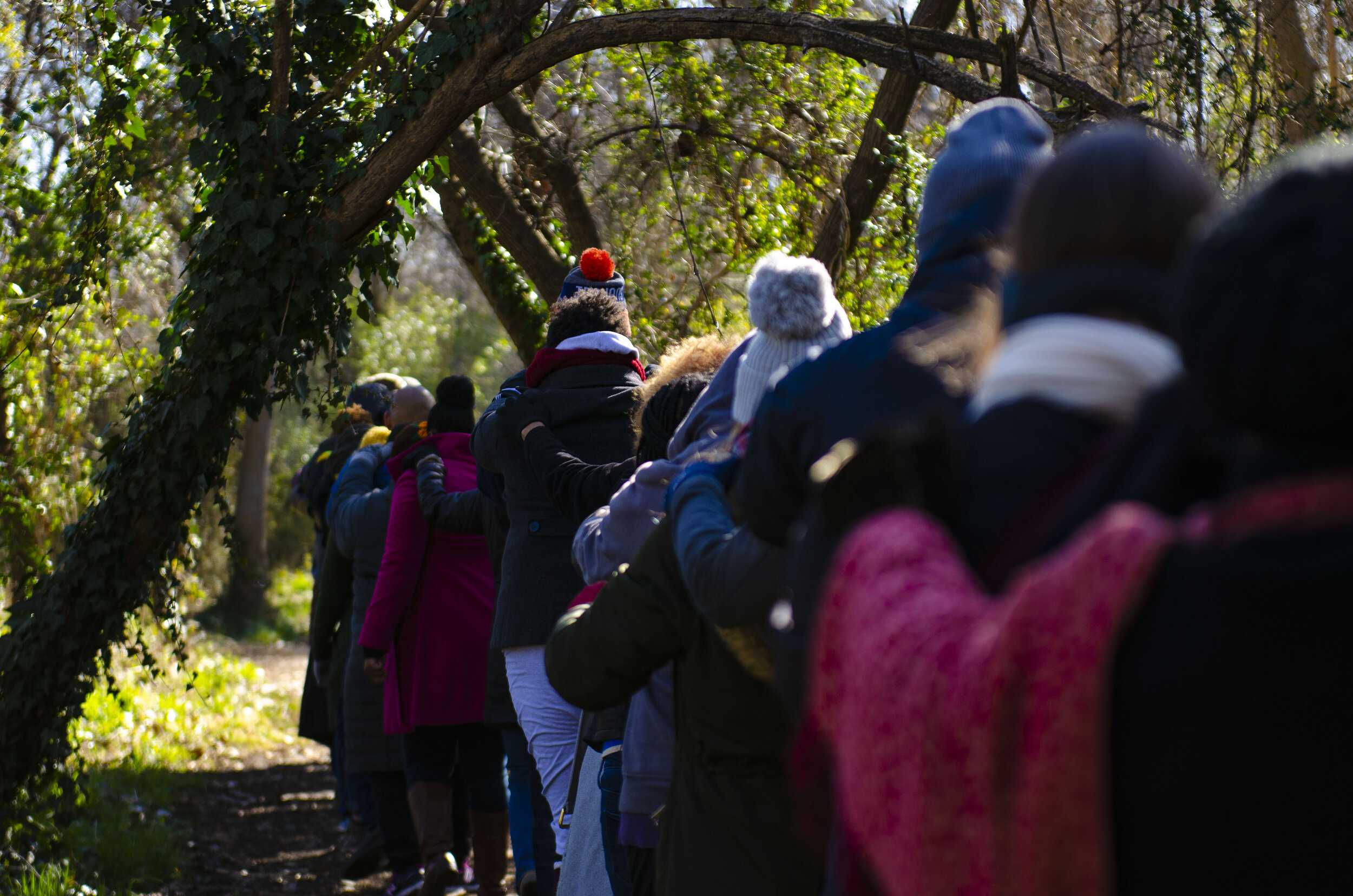
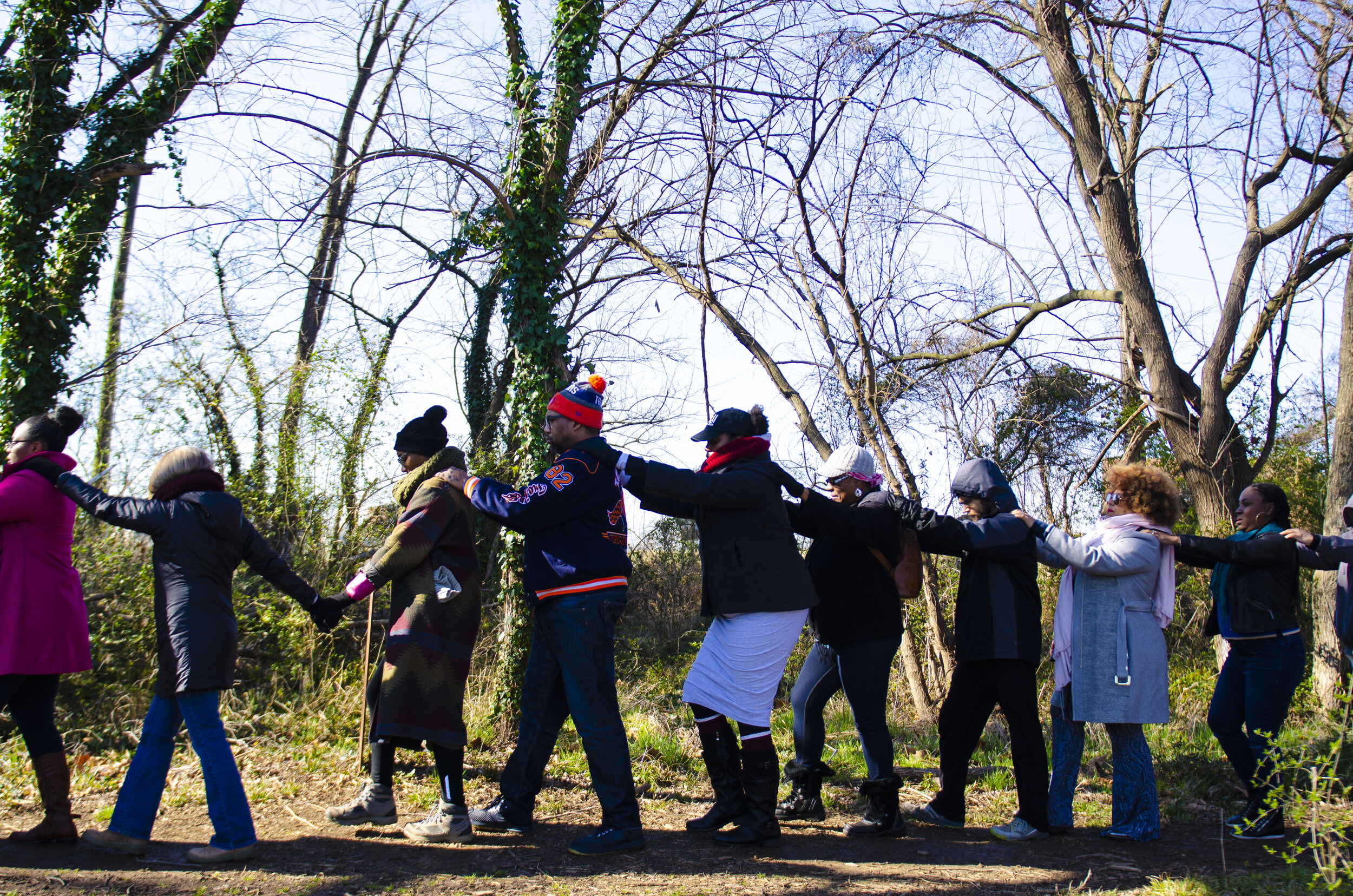
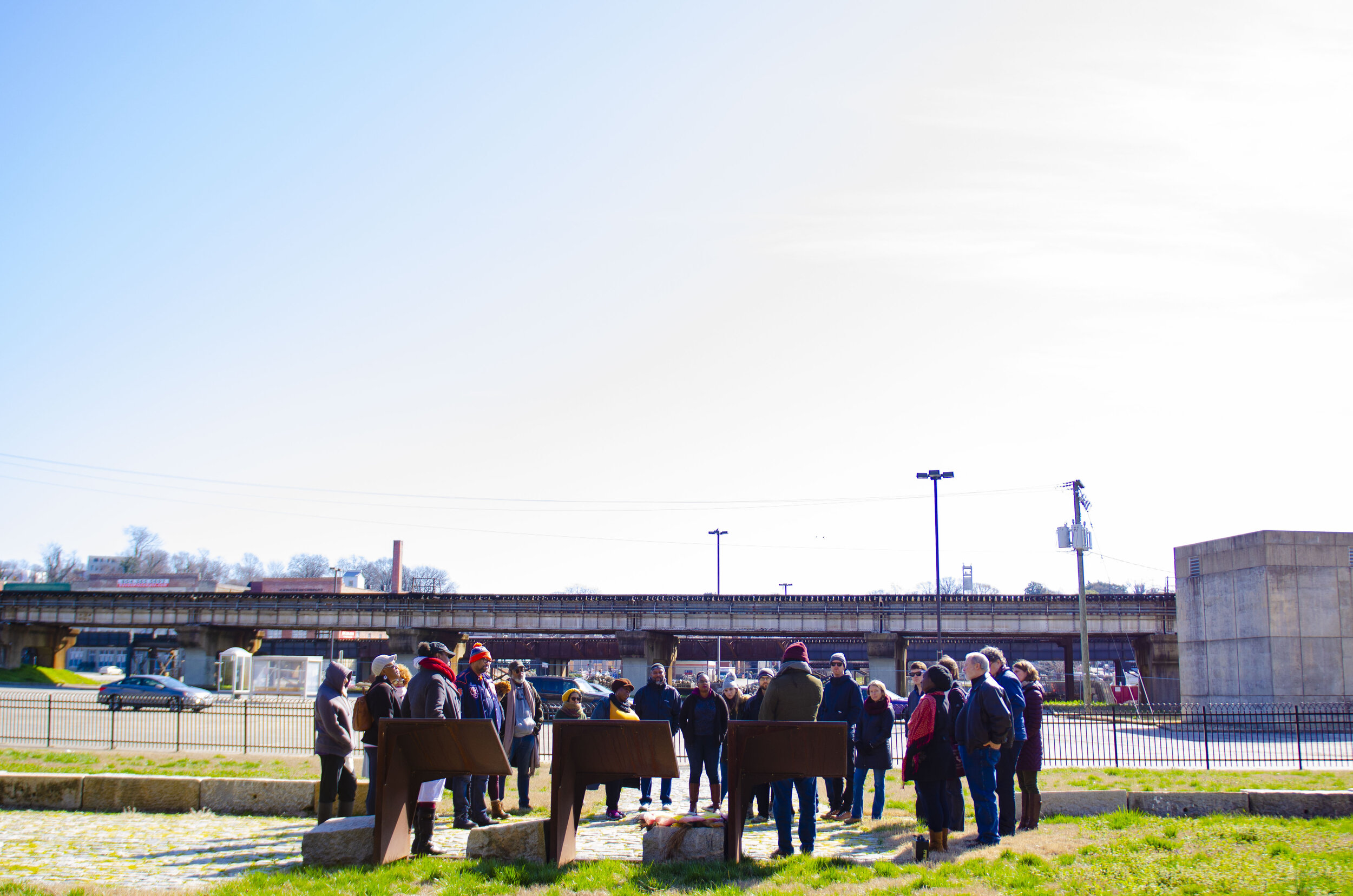
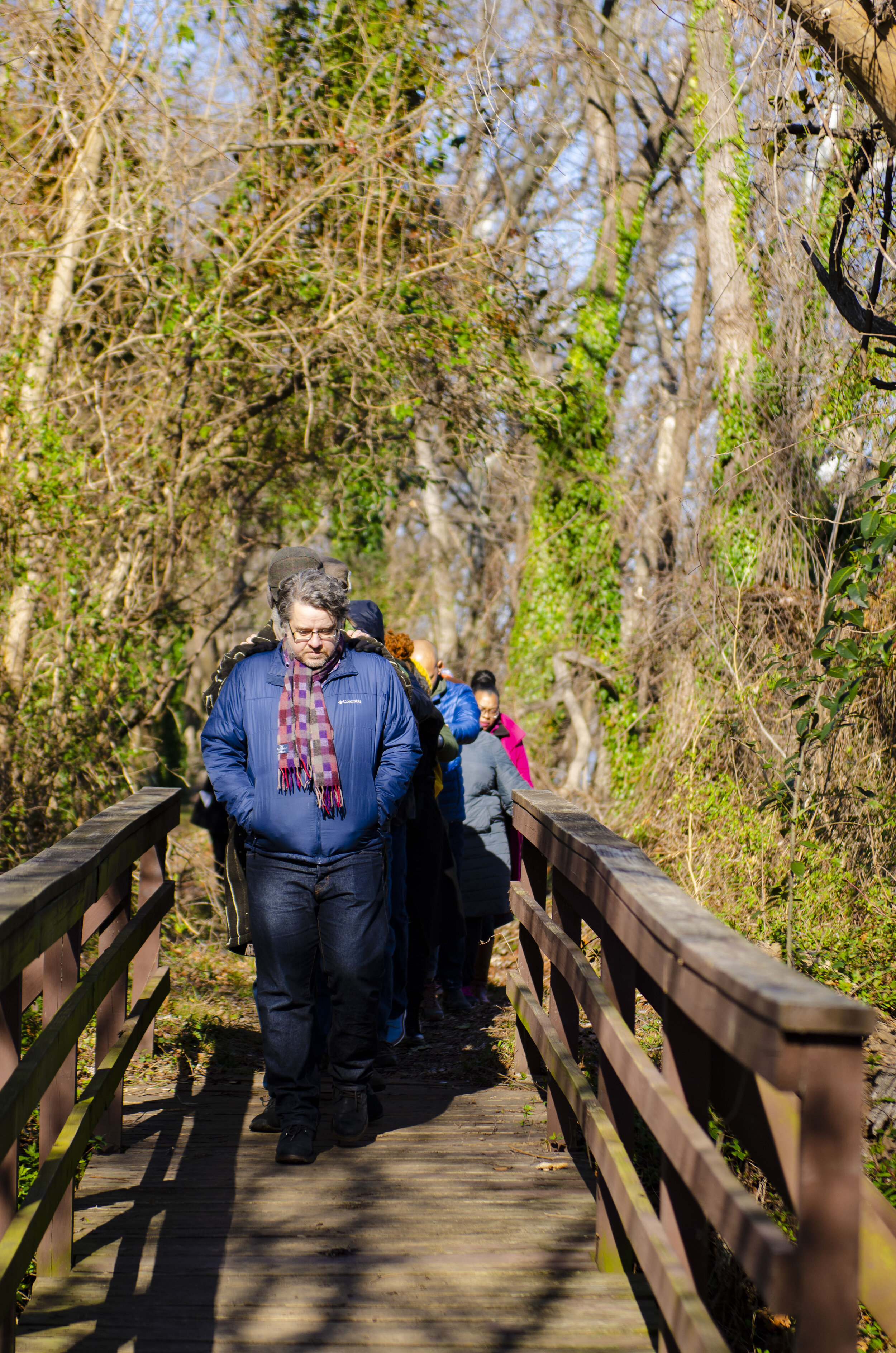
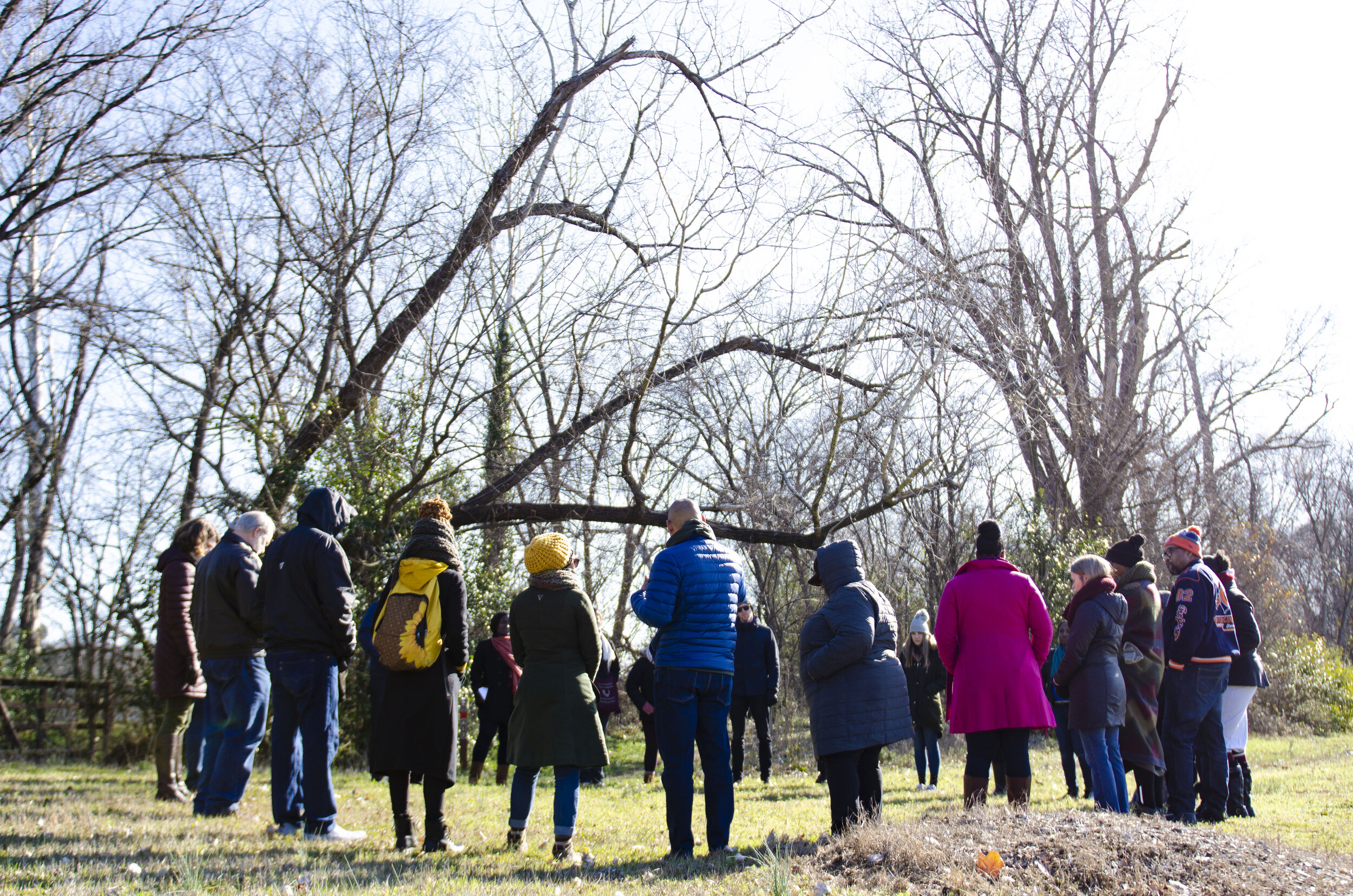
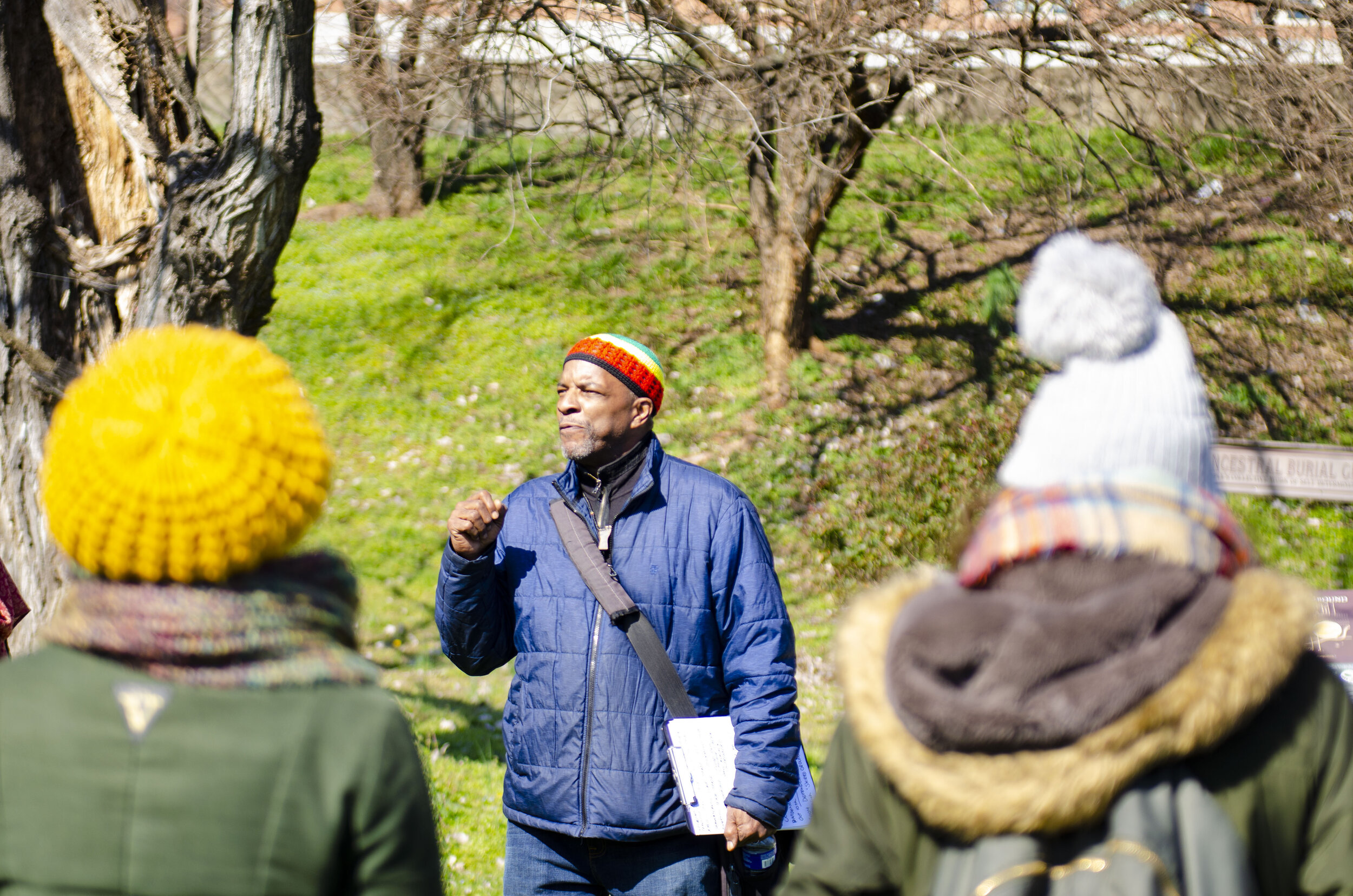
MODULE 2
In February, the 2020 Community Trustbuilding Fellows participated in Module 2, “Healing History: Creating a New Narrative for Communities”. Dr. David Anderson Hooker was the guest faculty member who facilitated a conversation with the cohort about identity, uncovering and transforming the narratives that uphold historical harms, understanding that we have multiple ways of making meaning based on our experiences, our positions, and the narratives we hold. Dr. Hooker (a mediator, community builder, advocate, lawyer and Professor at the University of Notre Dame on conflict transformation and peacebuilding) also talked about Transforming Historical Harms through understanding histories as traumagenic and unpacking the narratives and structures that continue to perpetuate harms through compounding advantages unevenly among different groups of people.
One reframe that Dr. Hooker offered was moving from talking about "healing history" (which isn't possible because history has already happened) to "healing historical harms" or healing the impacts of historical trauma(s). He also talked about the components of trust from his perspective -- is someone trustworthy (does this person have the competence and the will to do what is being asked), trust-motivated (positively impacted by an awareness of trust), and trust-responsive (acting w/full capability in response to being motivated).
On Saturday morning, the Fellows embarked on a 4-hour tour of Richmond that focused on the legacy of enslavement in the U.S. and Richmond's prominent role in that history. The Fellows visited Libby Hill guided by CTF Alums Lacette Cross, Kelly Carter Merrill, Ebony Walden and Matthew Freeman. They walked hand-in-hand or hand-on-shoulders through part of the Trail of Enslaved Africans. They also visited the Reconciliation Statue, a project that Initiatives of Change USA was a key partner in developing so that the the same statue is permanently exhibited in three transatlantic ports of enslavement - Richmond, Liverpool (UK) and Cotonou (Benin).
CTF alum Duron Chavis and Christopher Rashad Green also revealed more of Richmond's painful and resilient histories of enslavement connected to Devil’s Half-Acre and the African Burial Grounds in Shockoe Bottom. Fellows spent the remainder of Saturday and Sunday processing their own experiences in small groups with historical harms.
The third module of the Community Trustbuilding Fellowship takes place during March 20-22.
Images: Sionne Neely (Module 1 ) and Amanda Barnes (Module 2)
